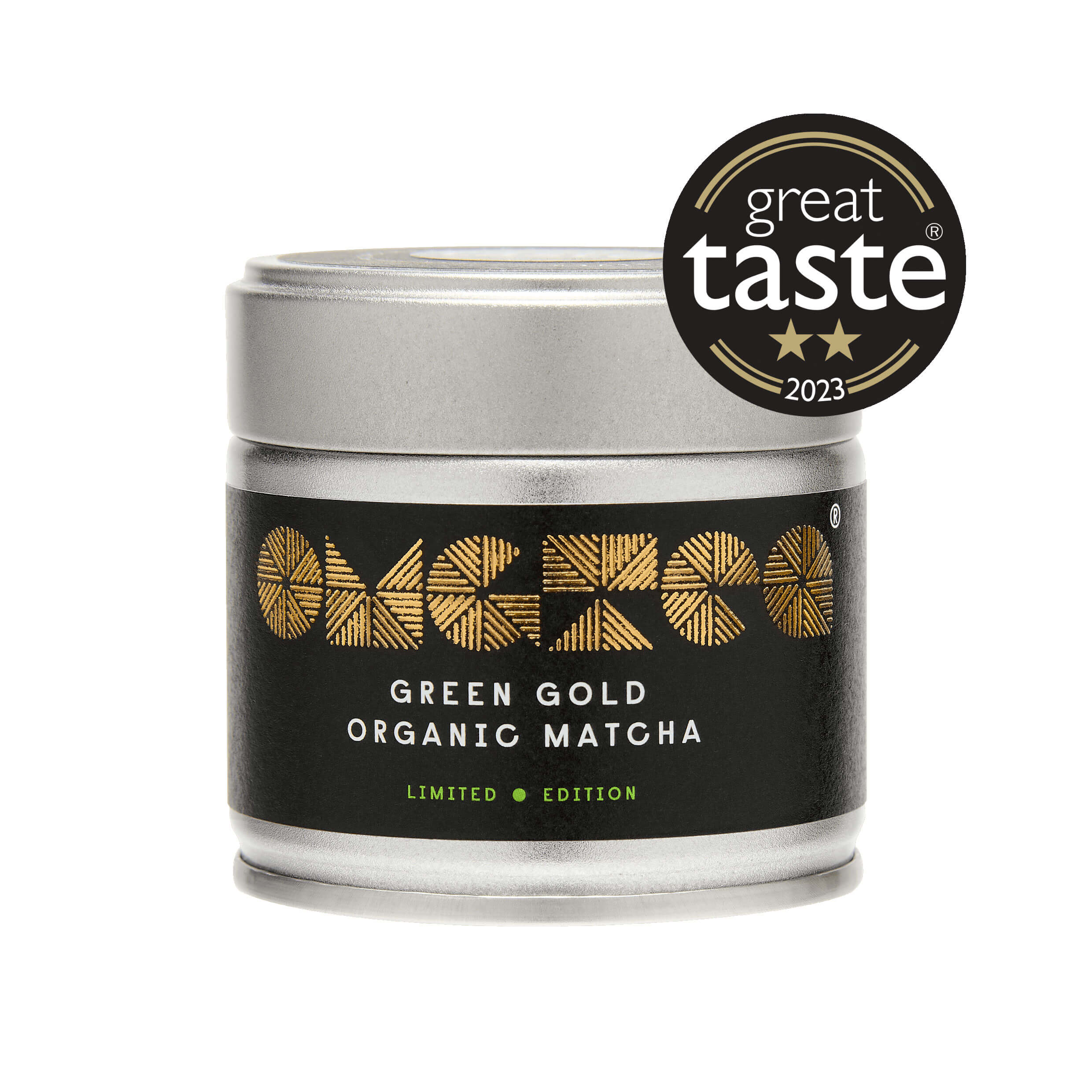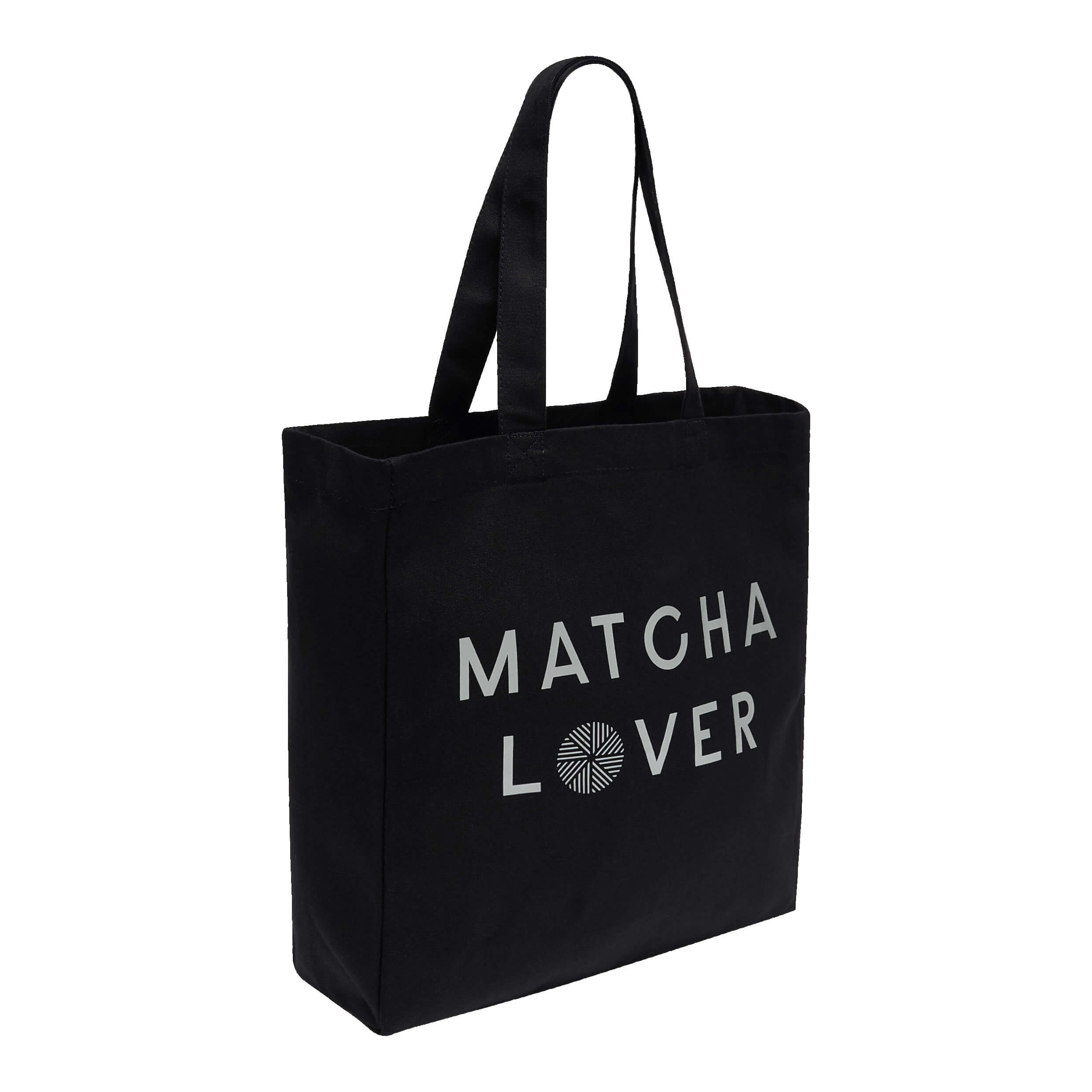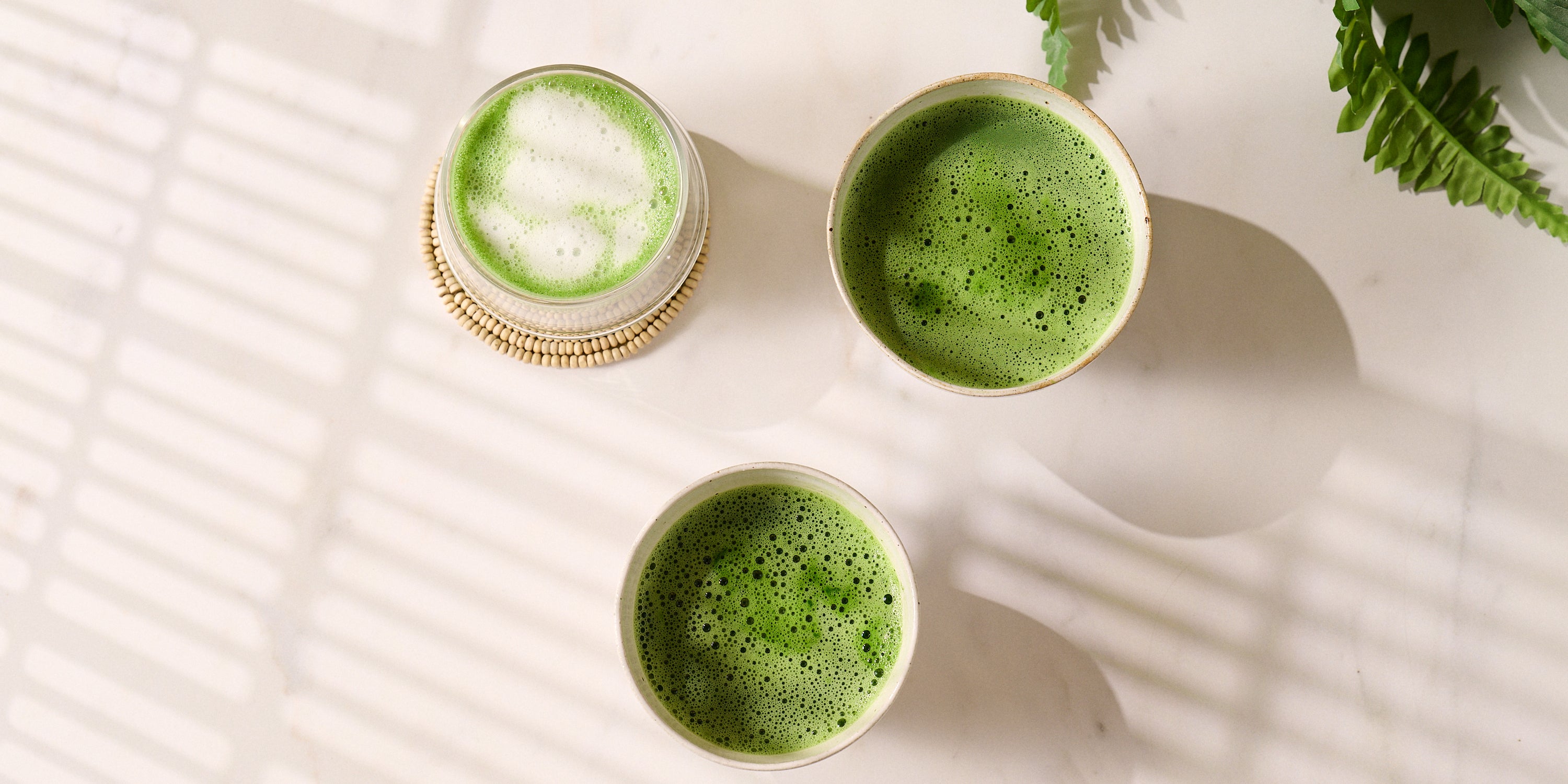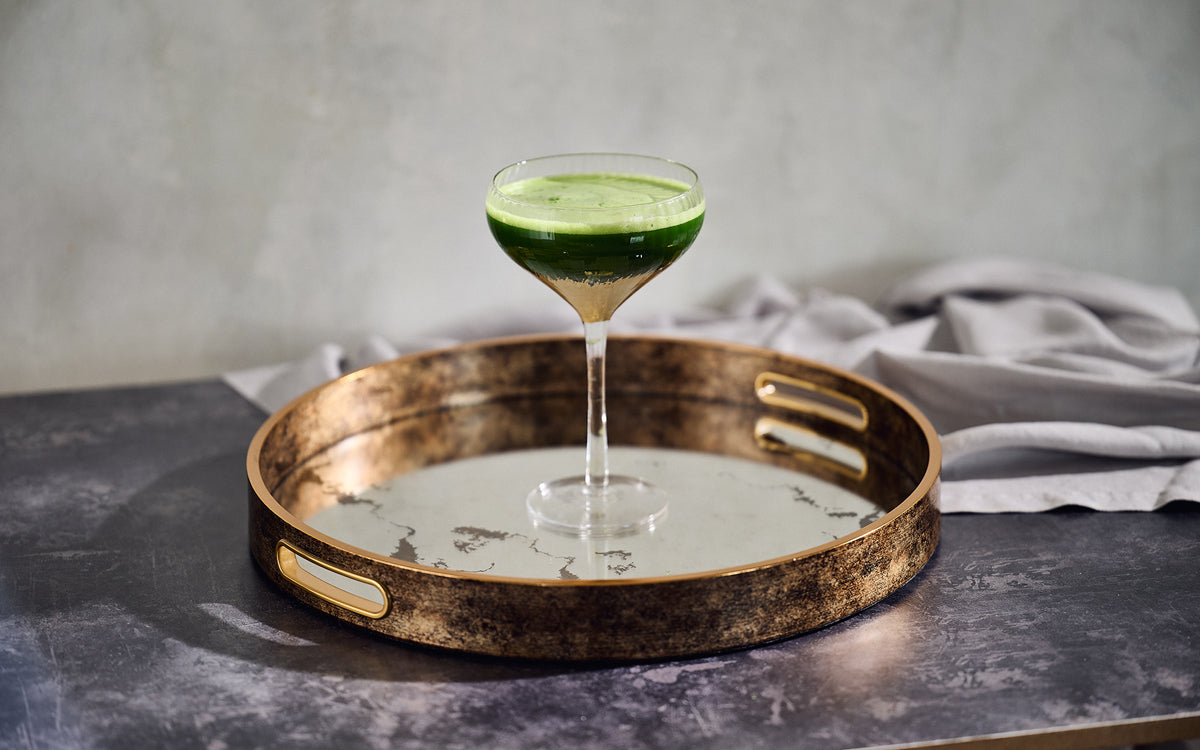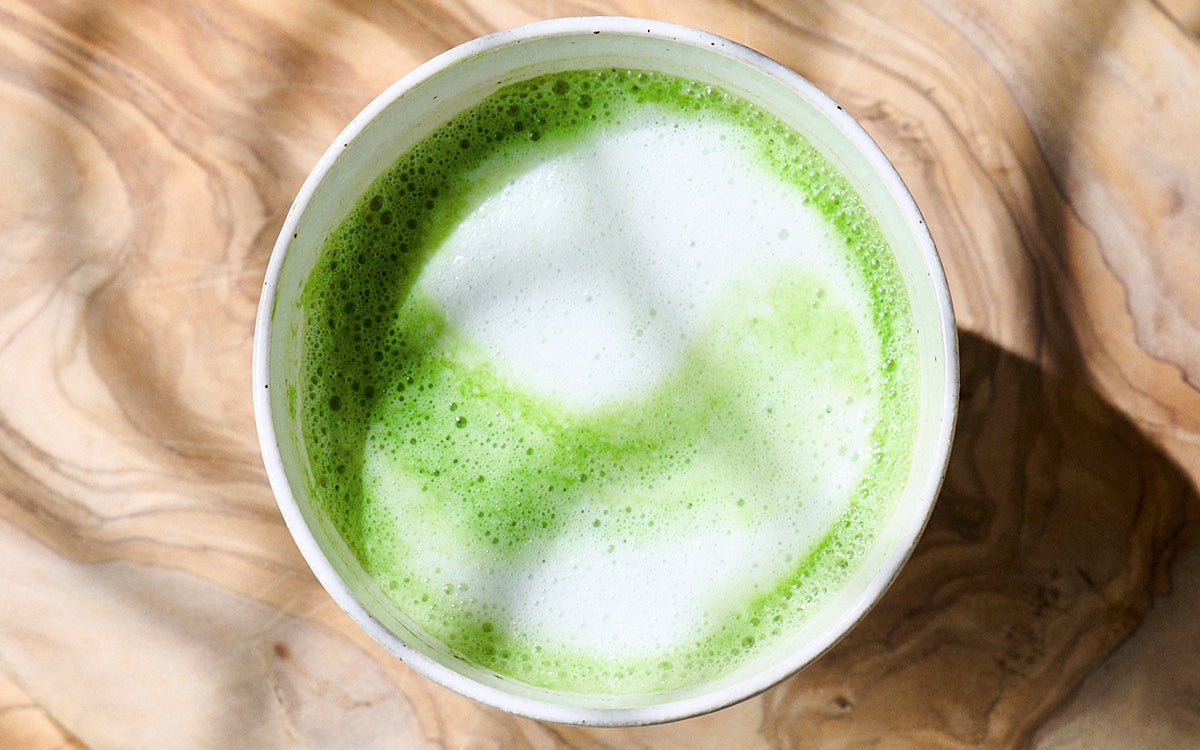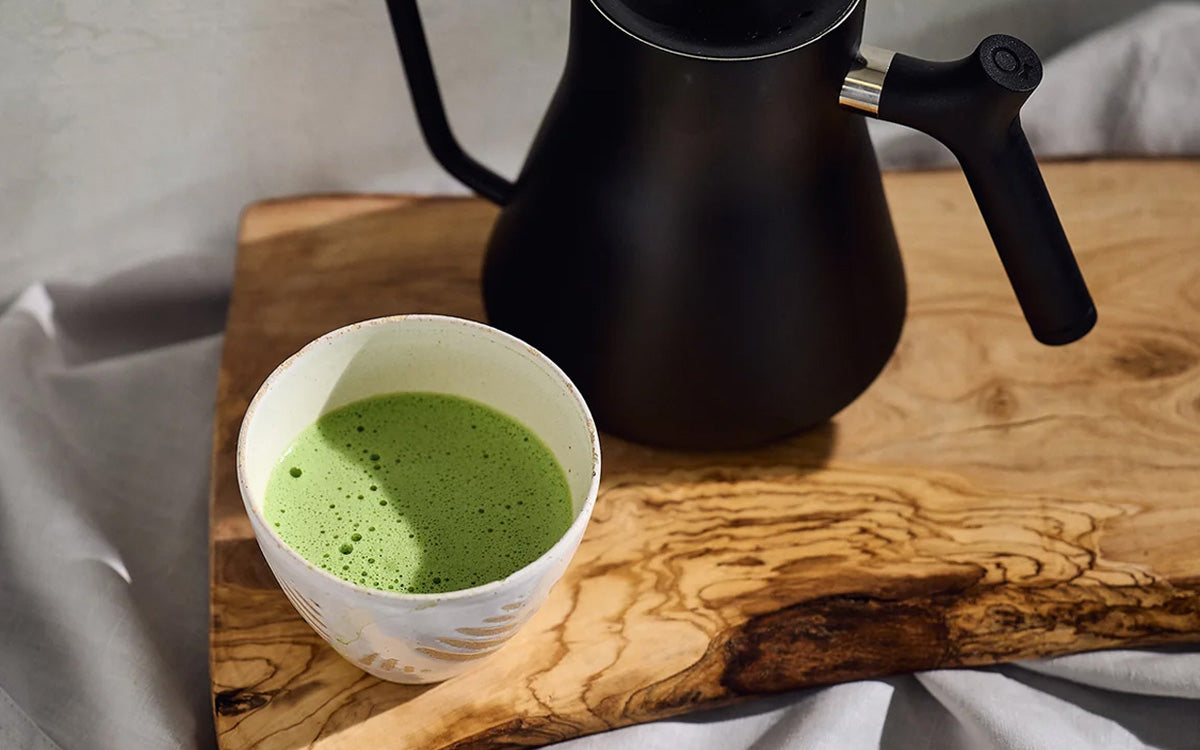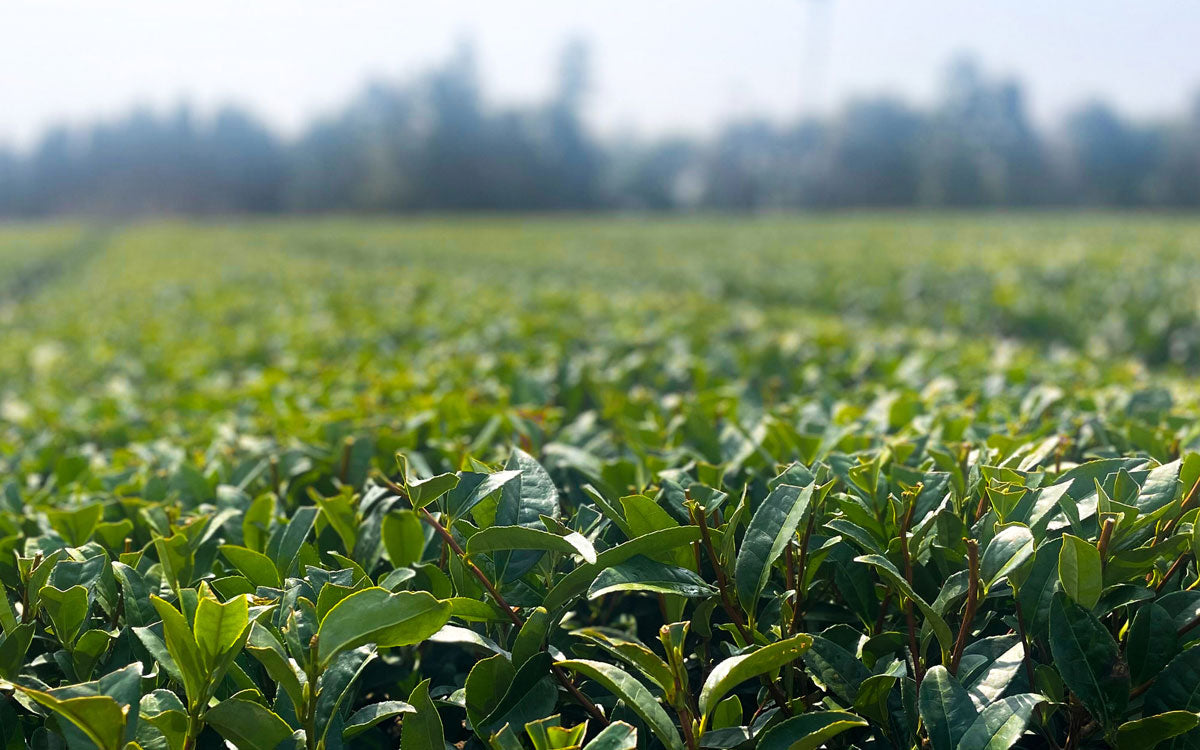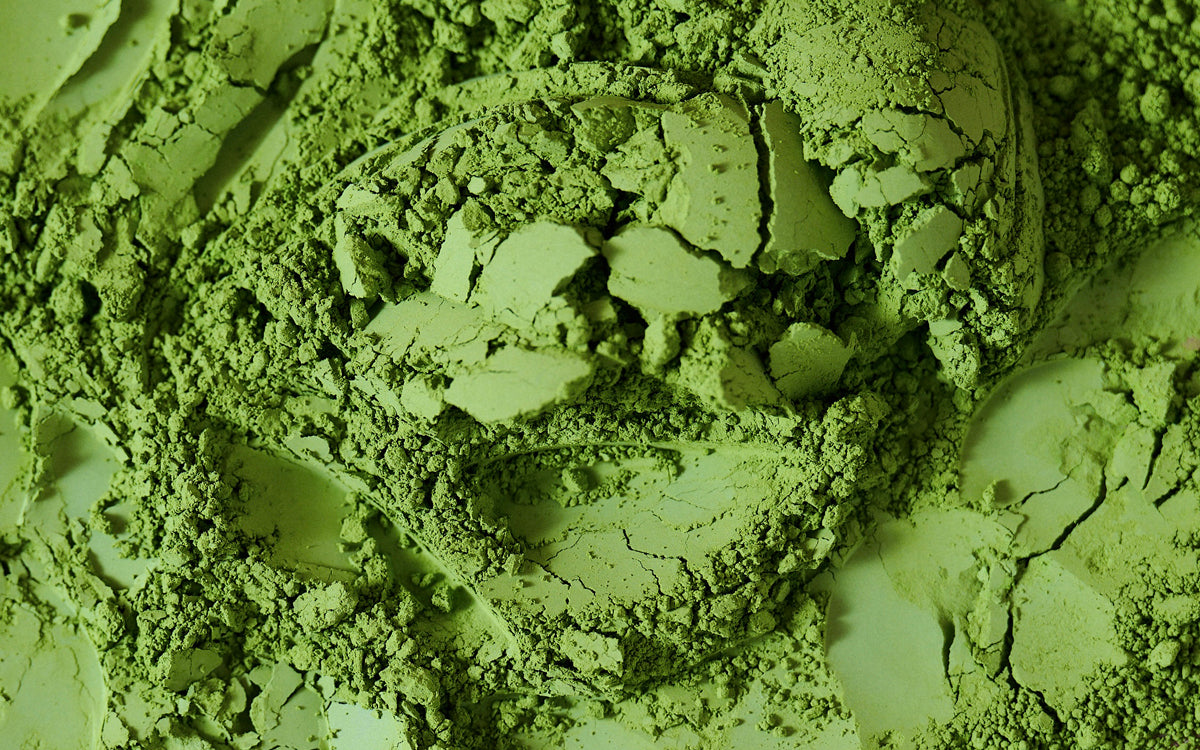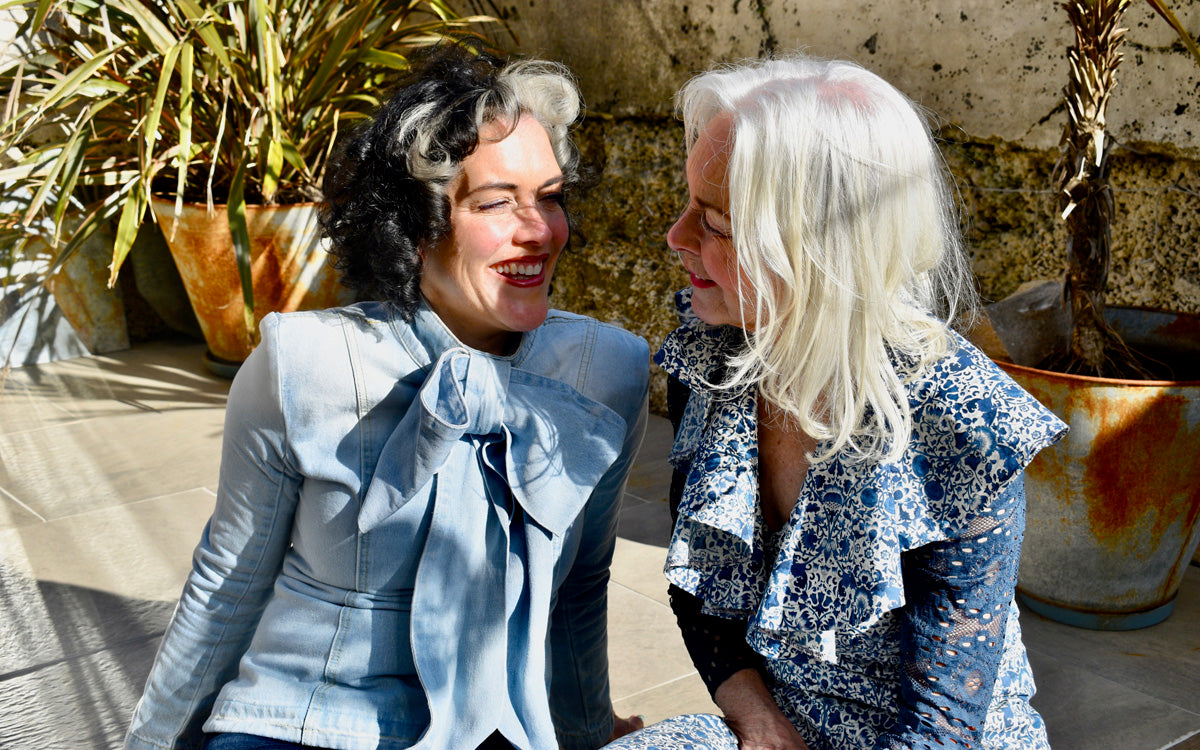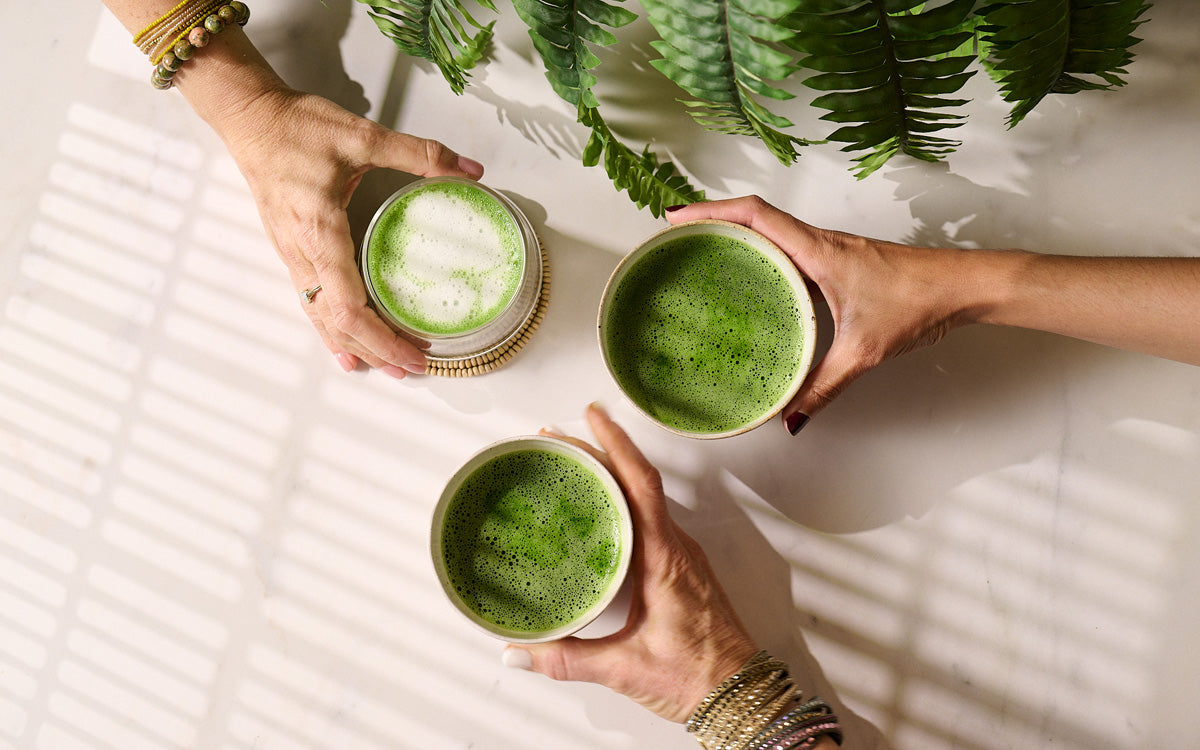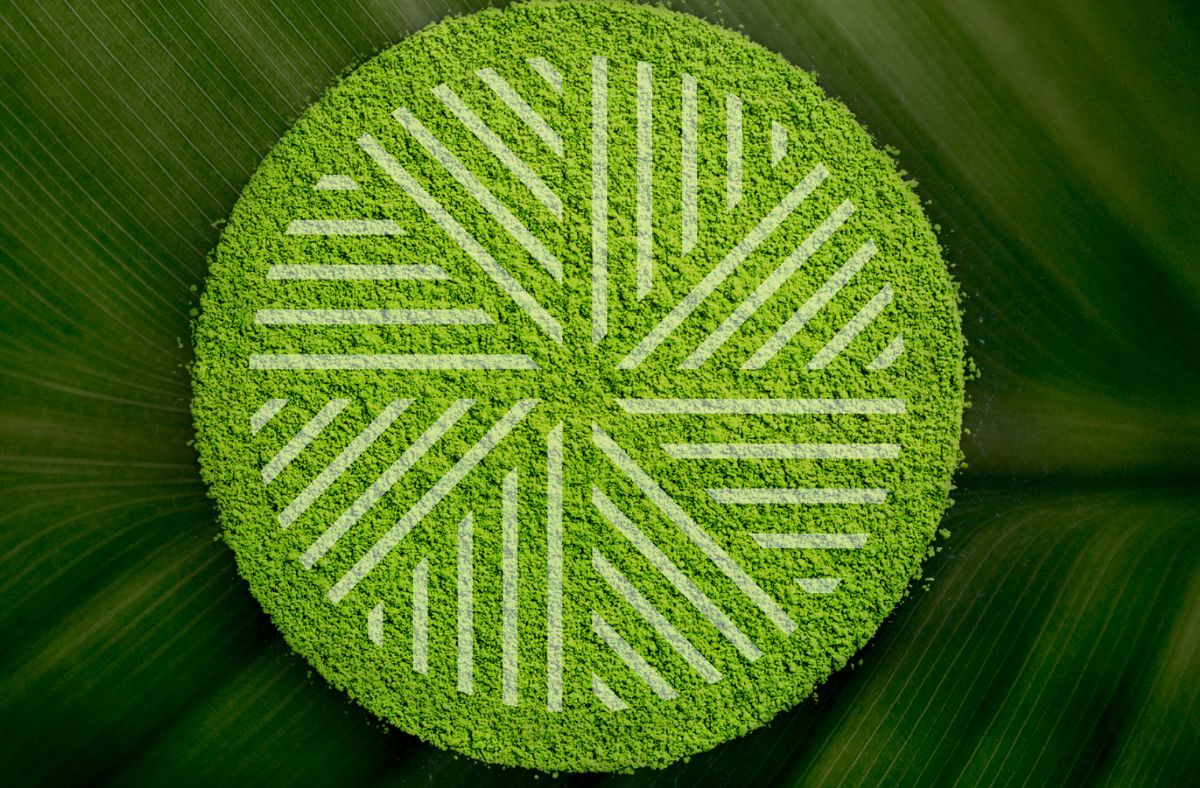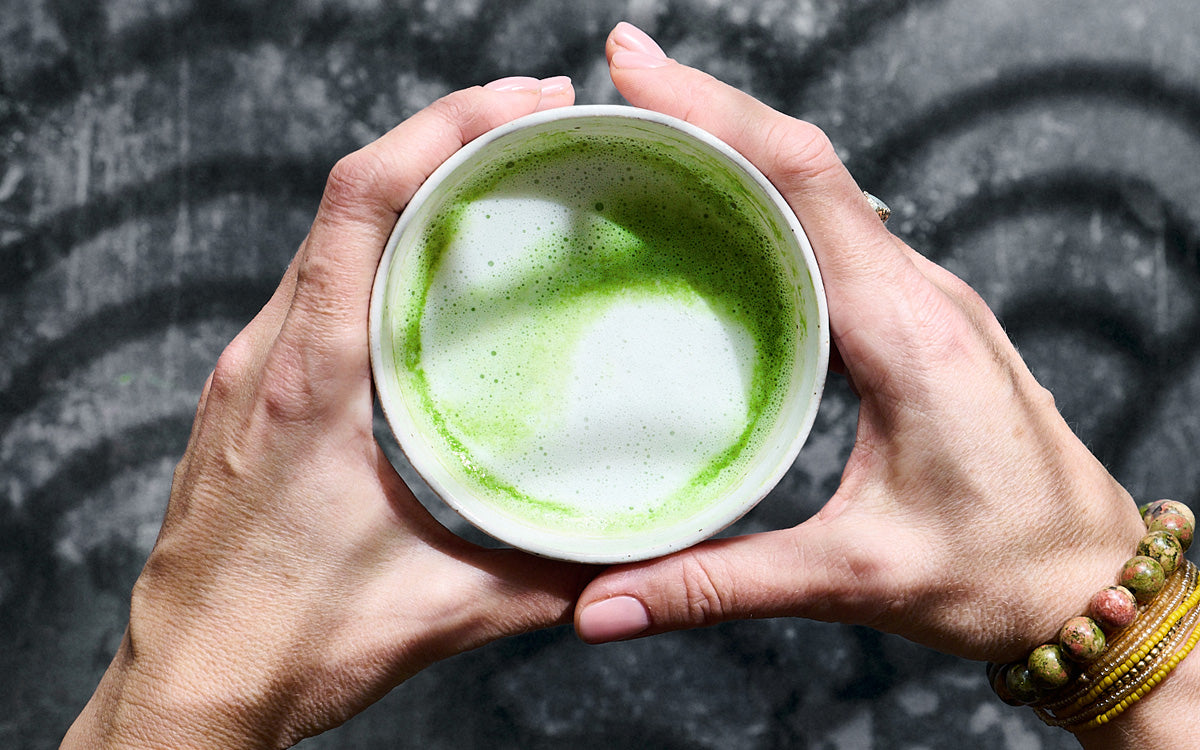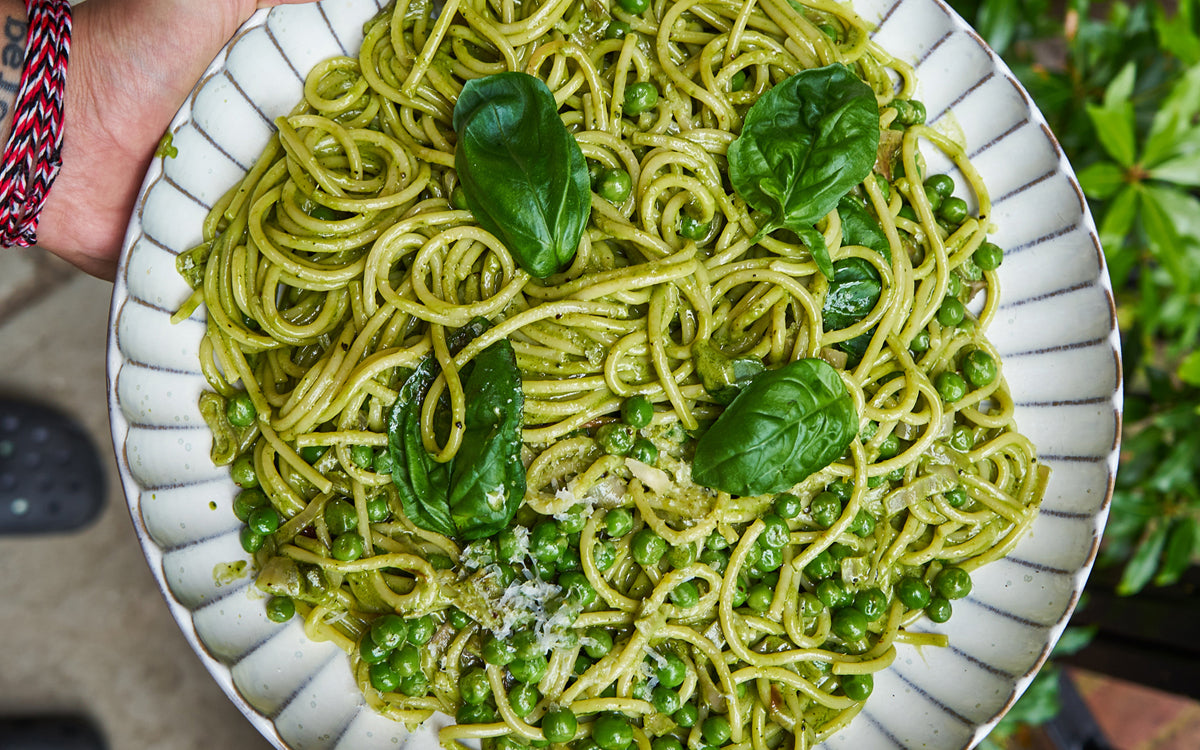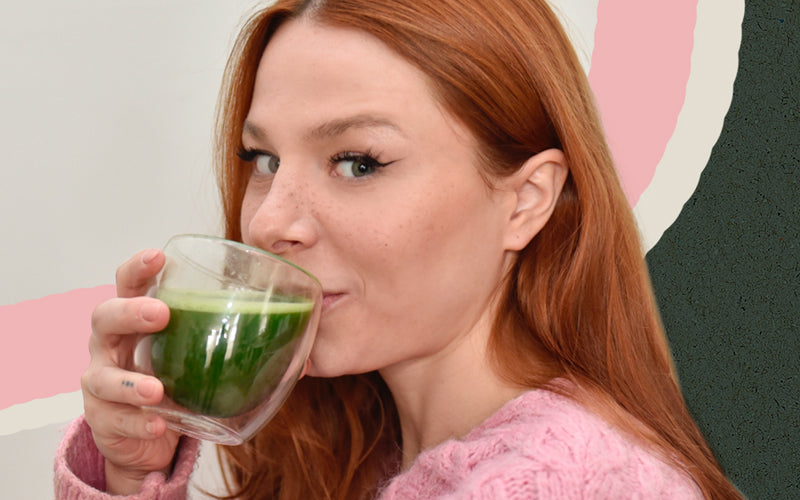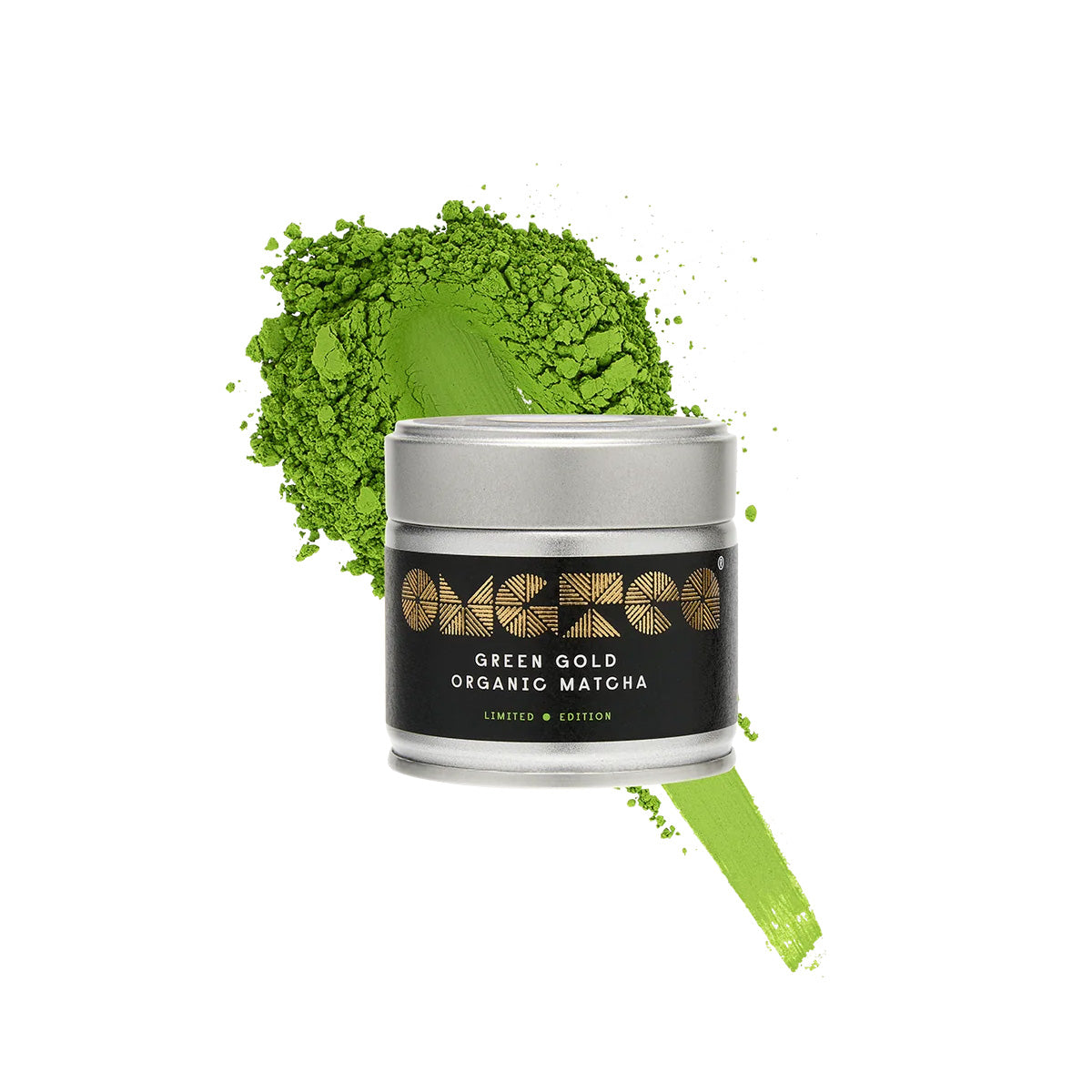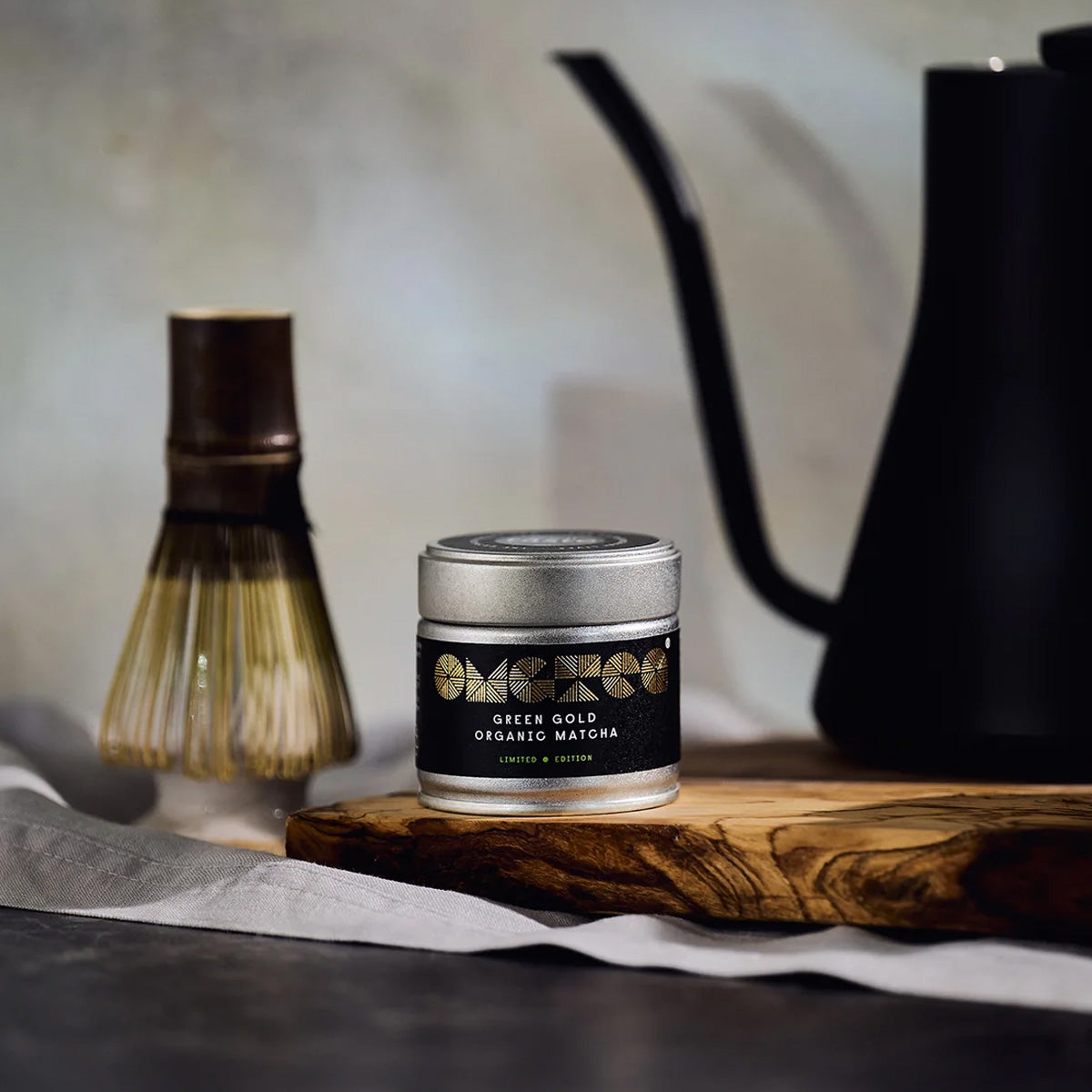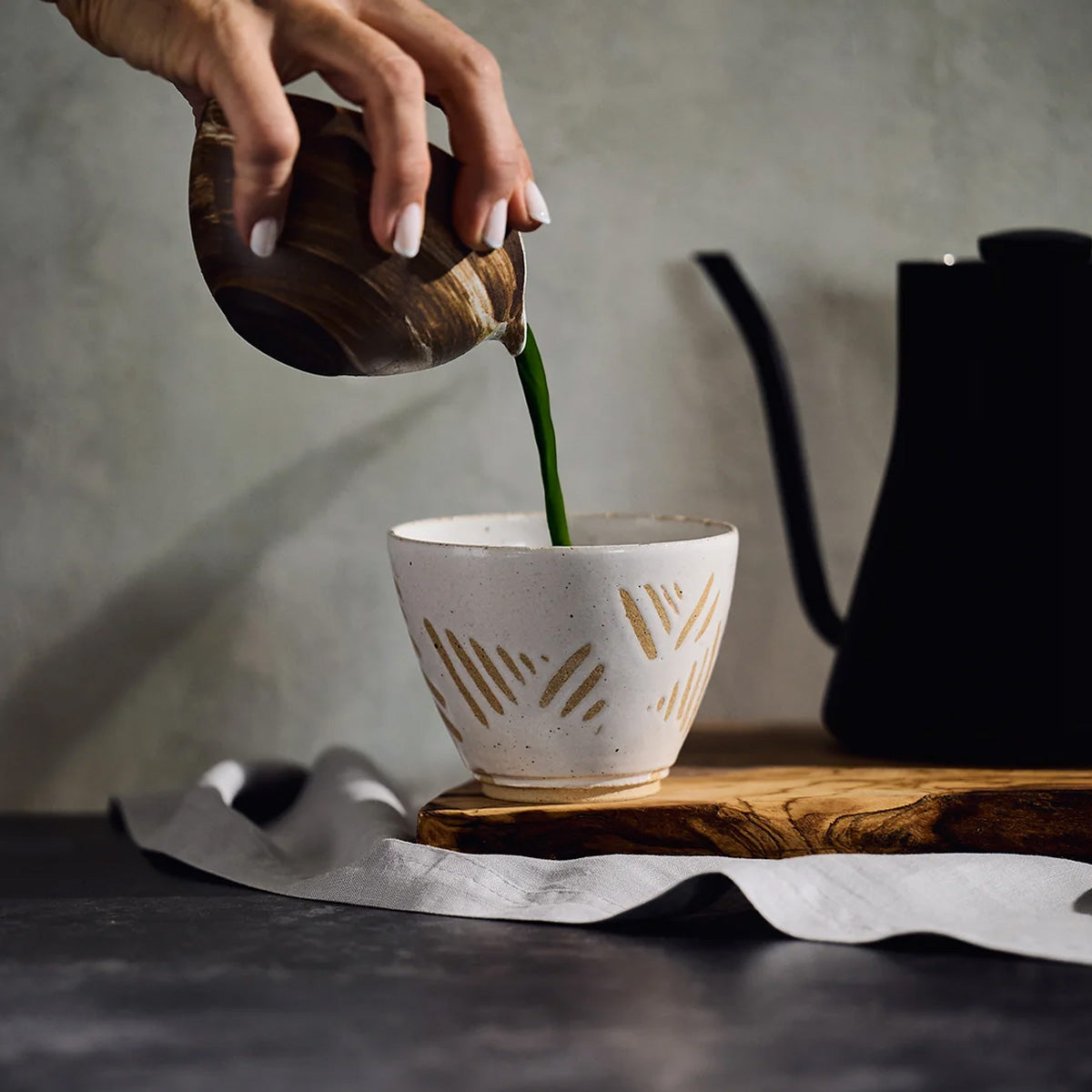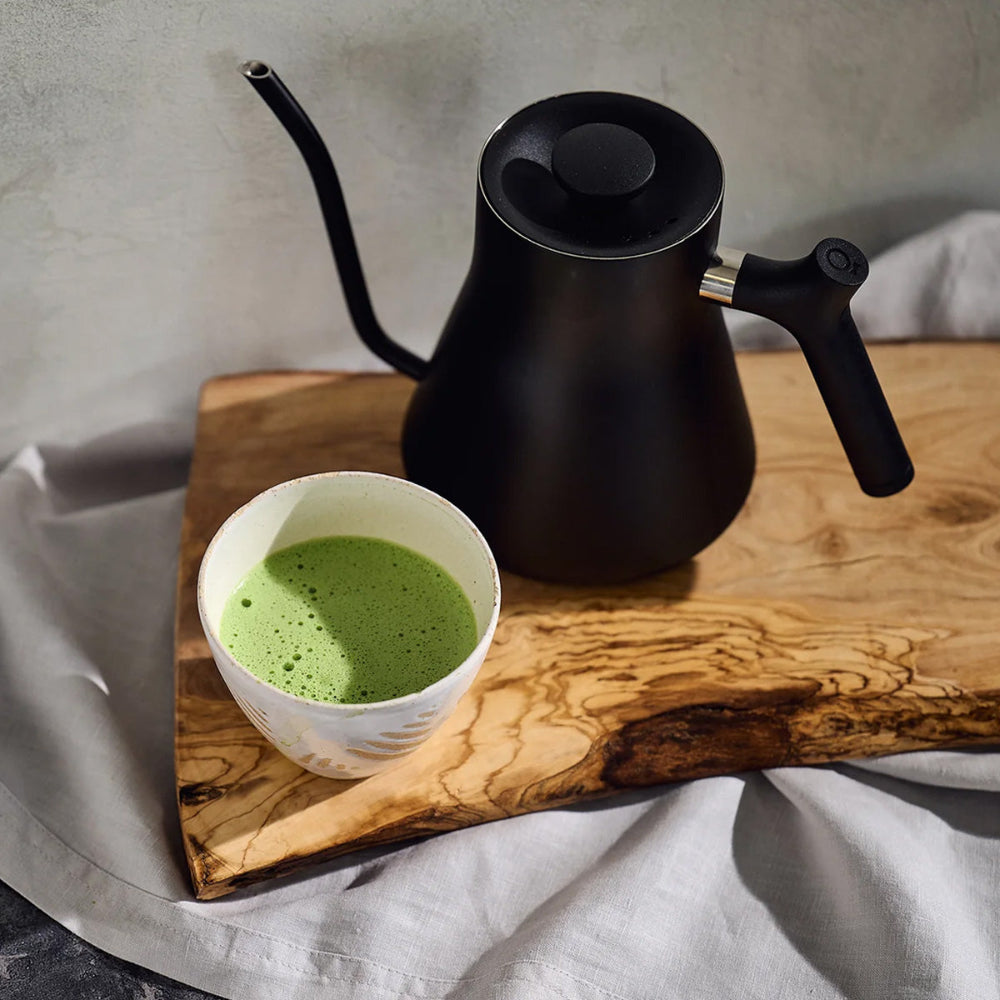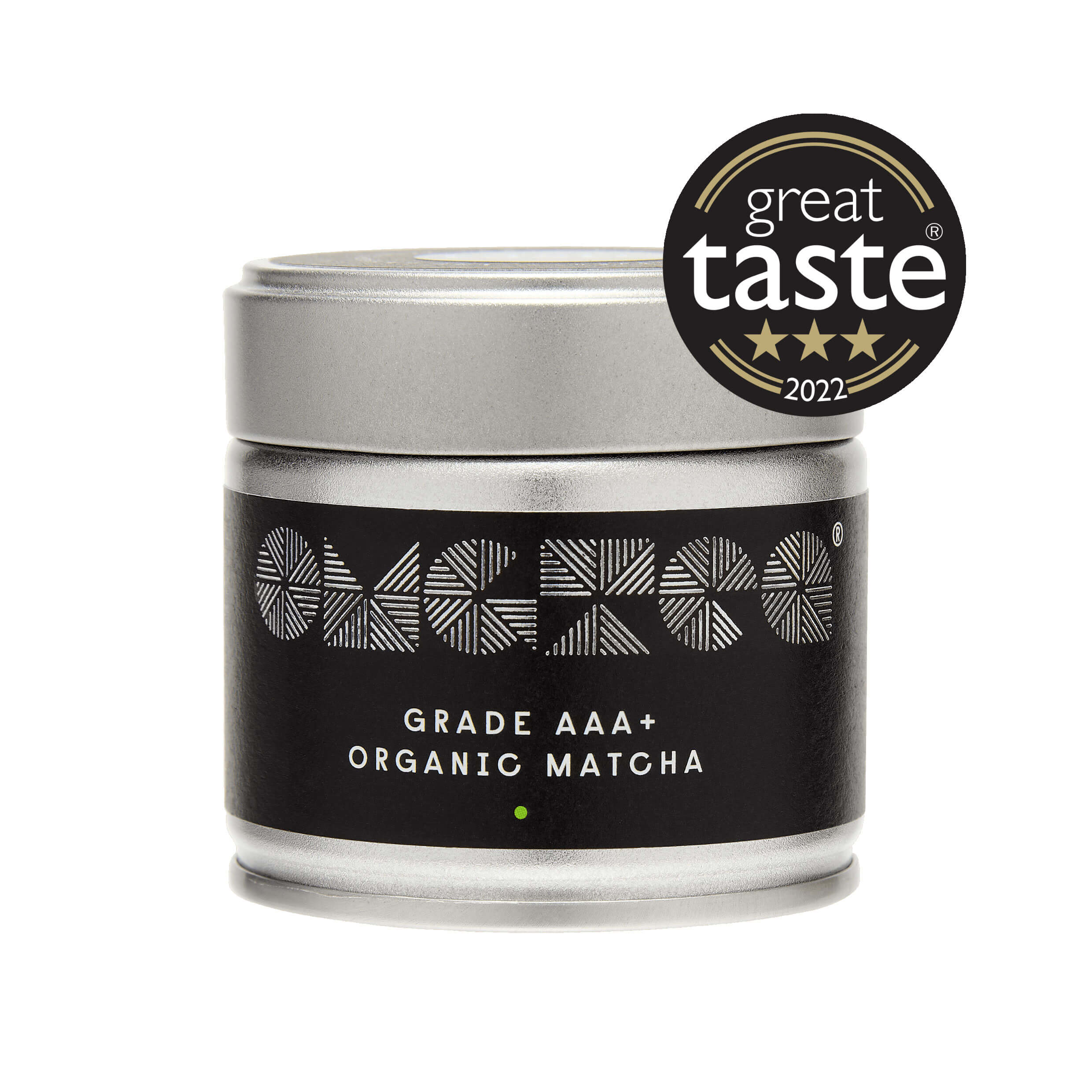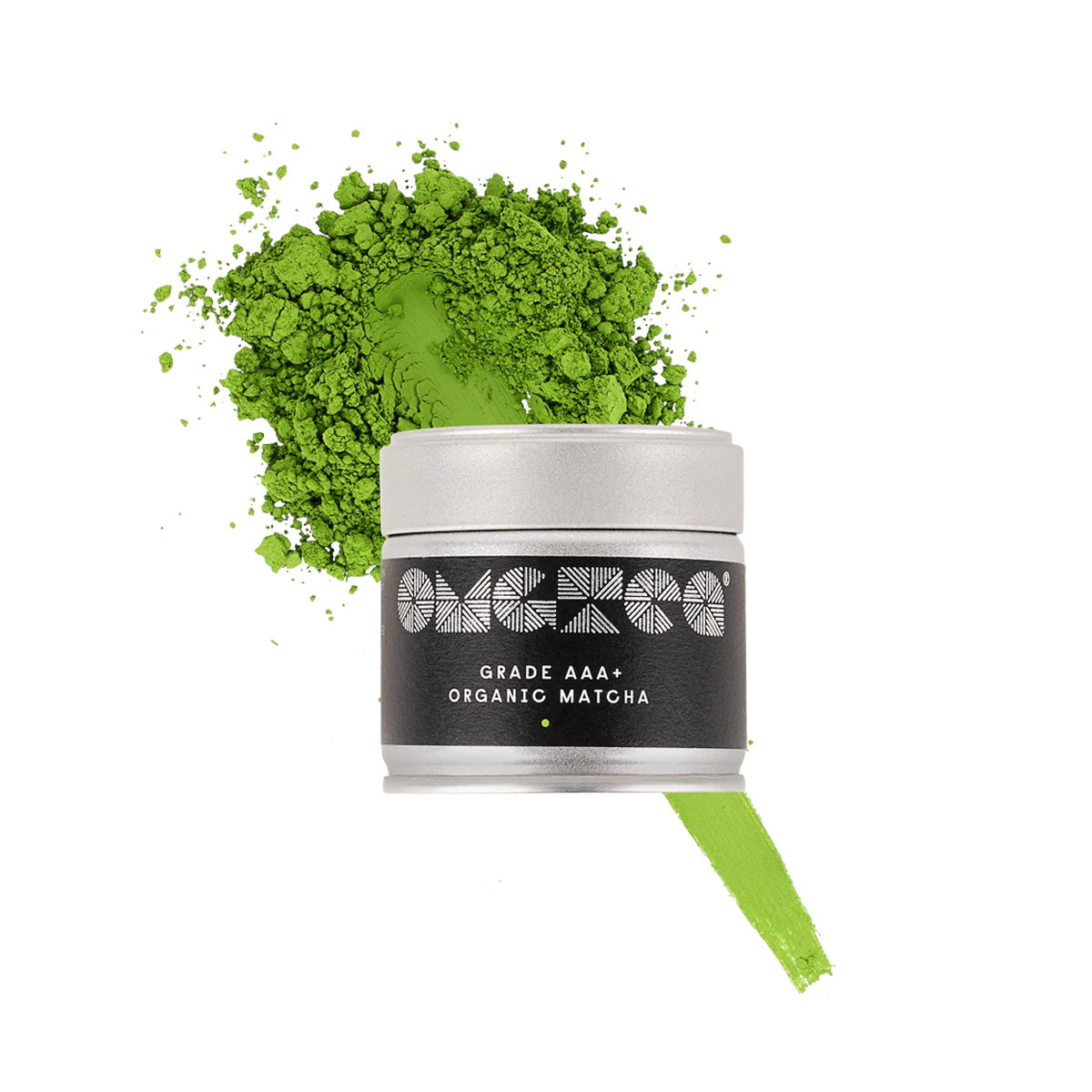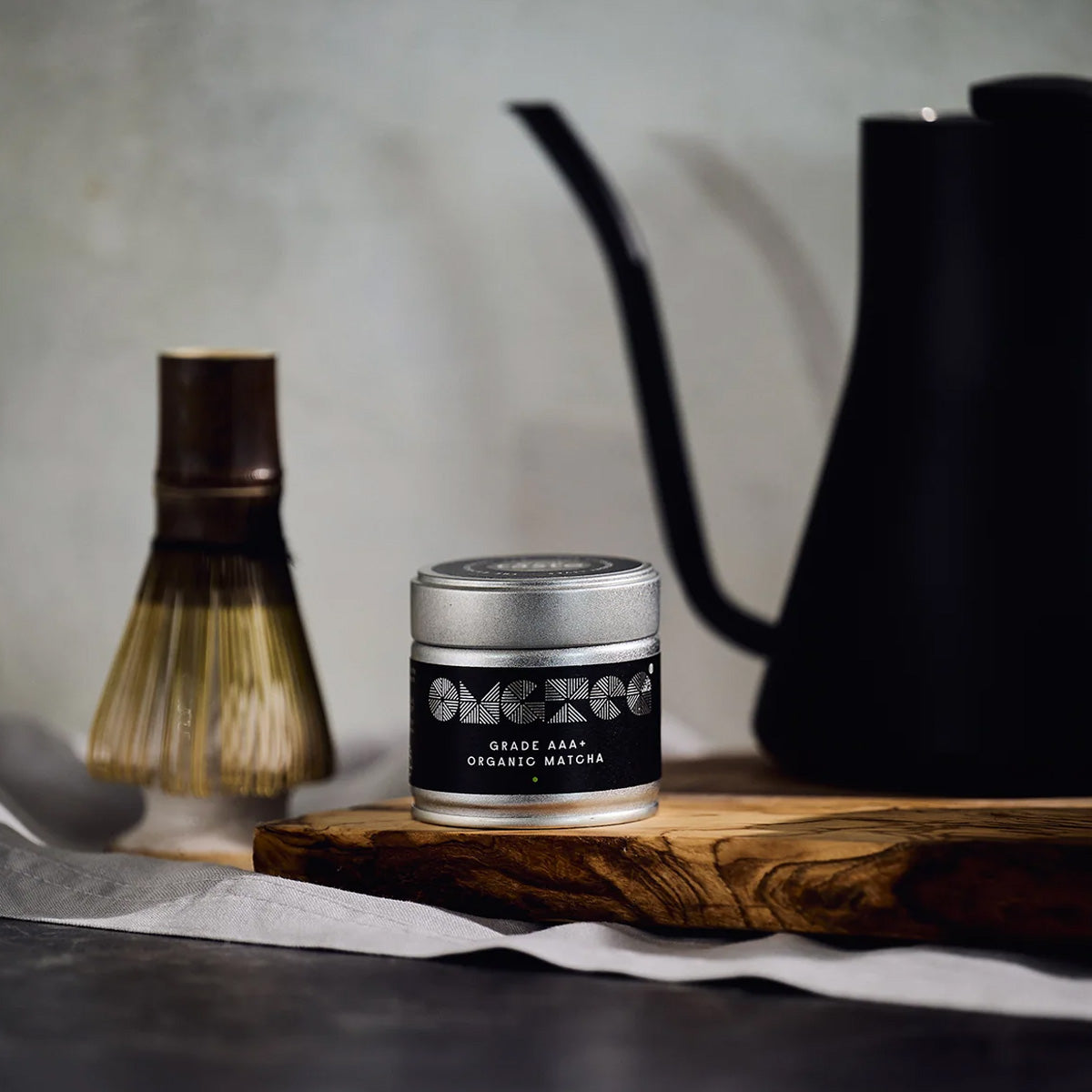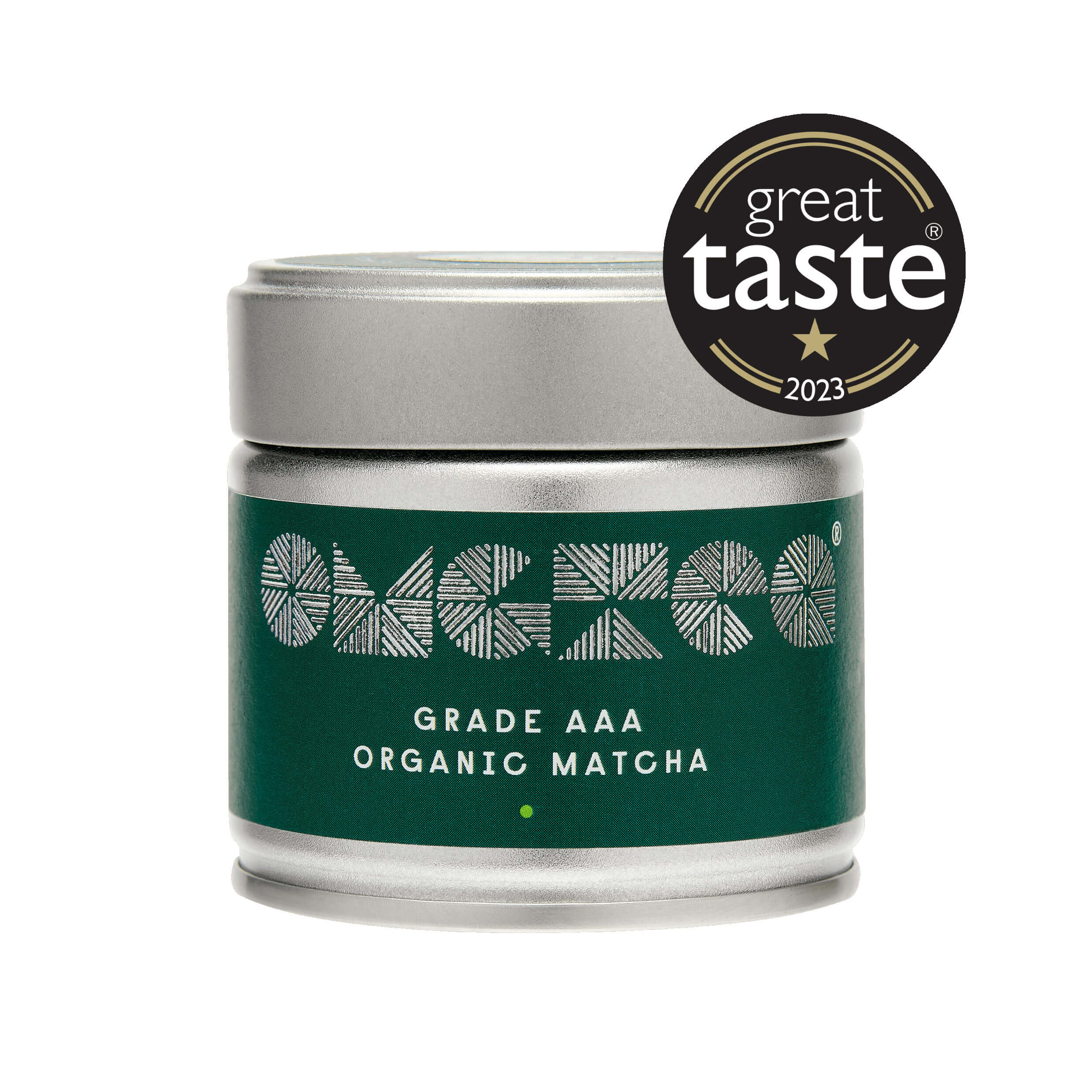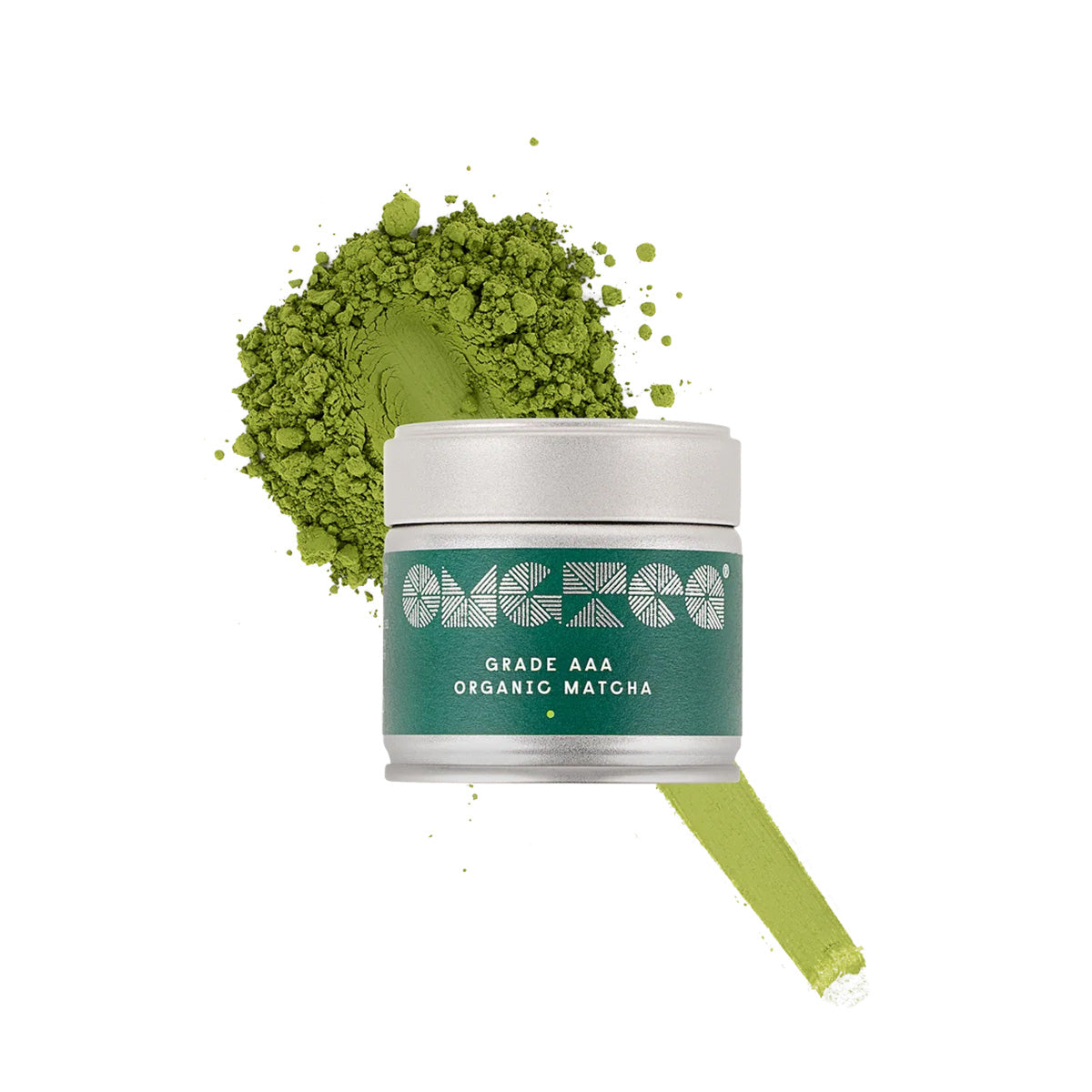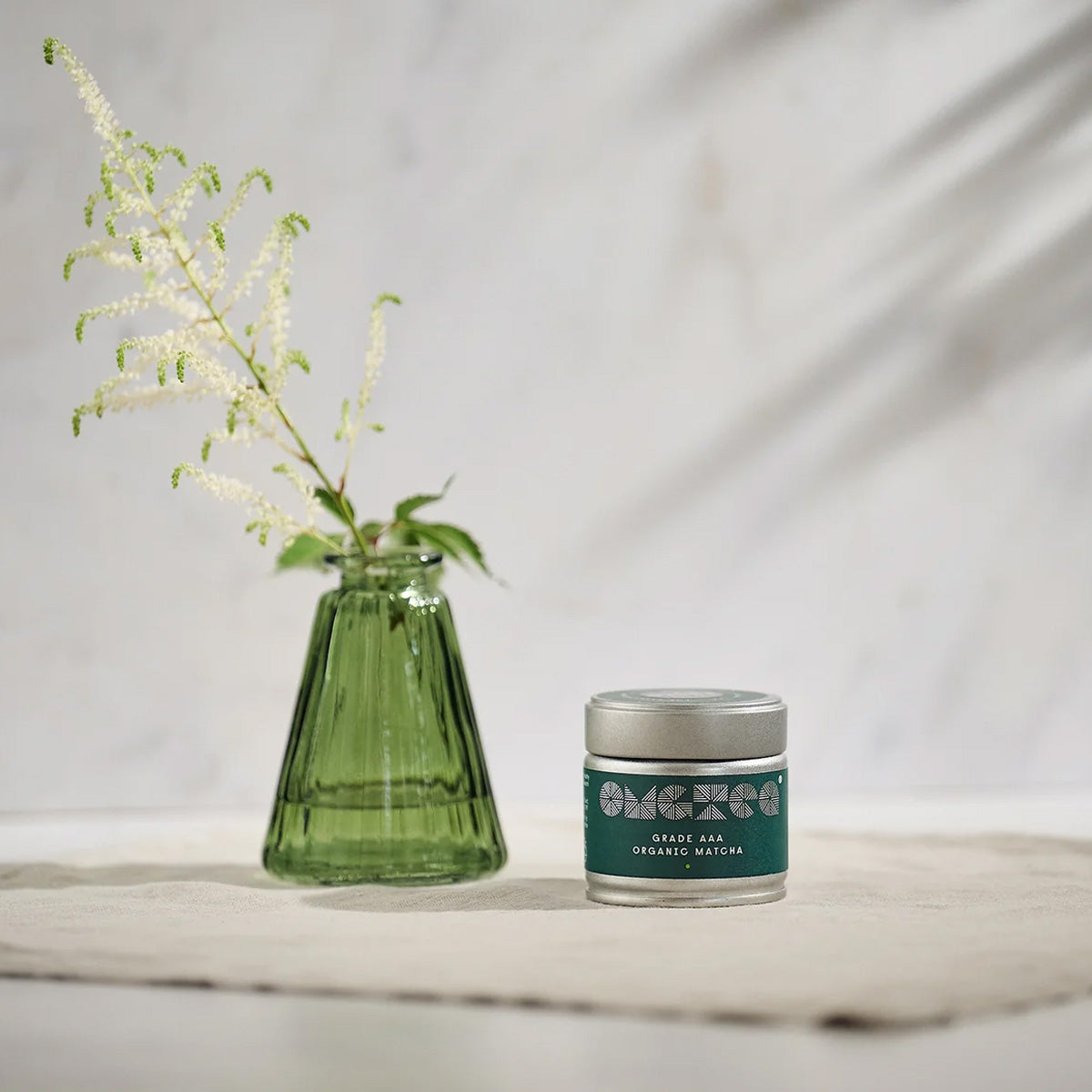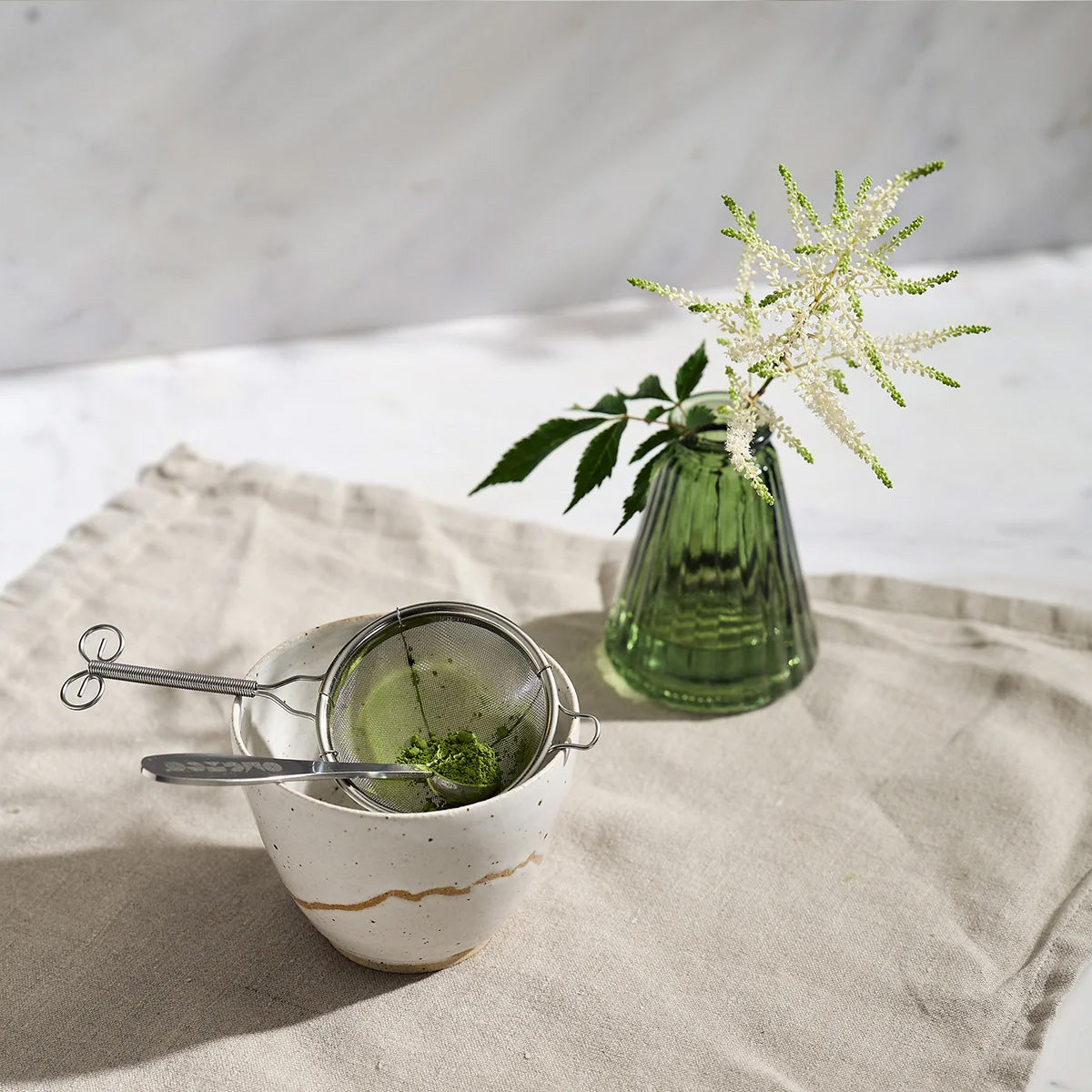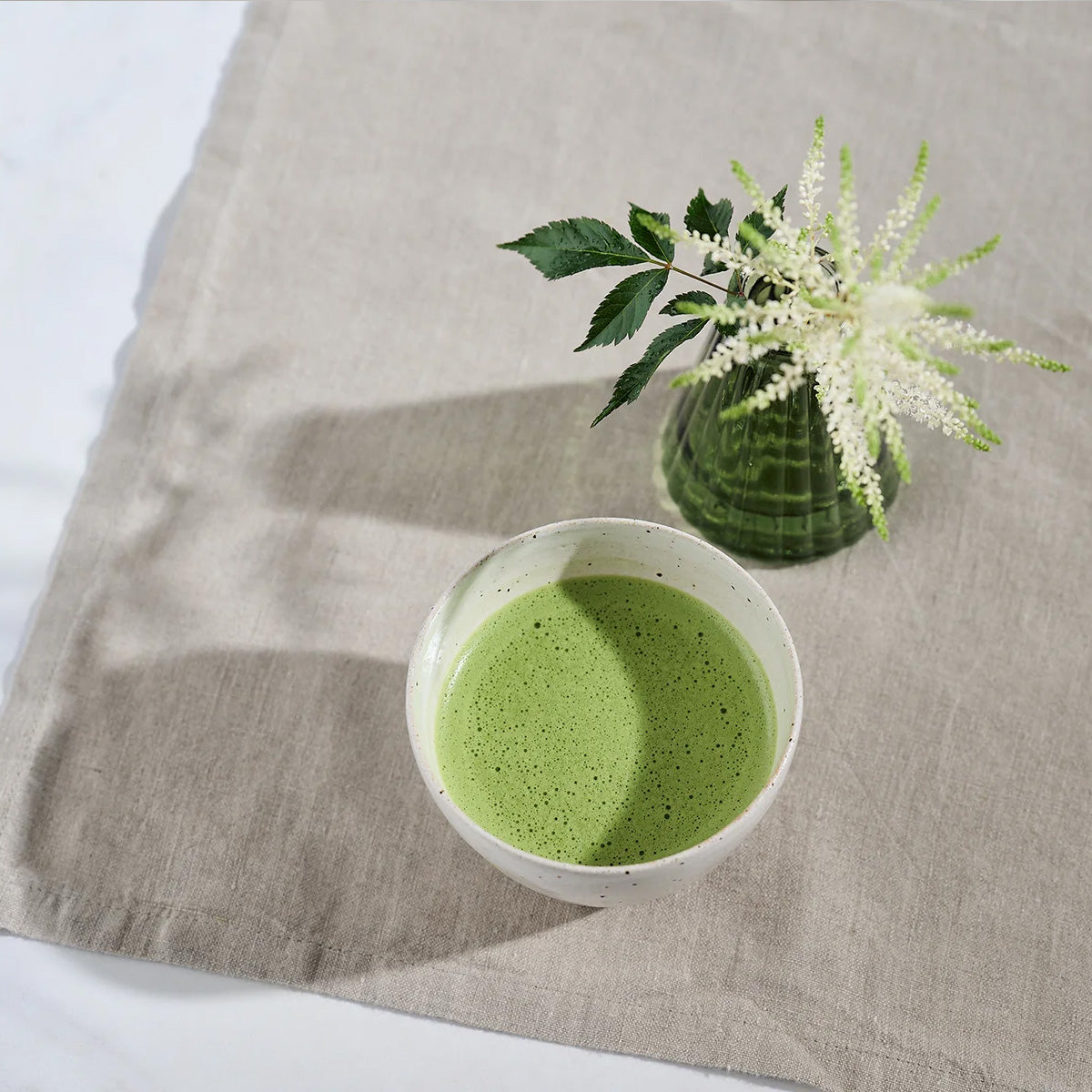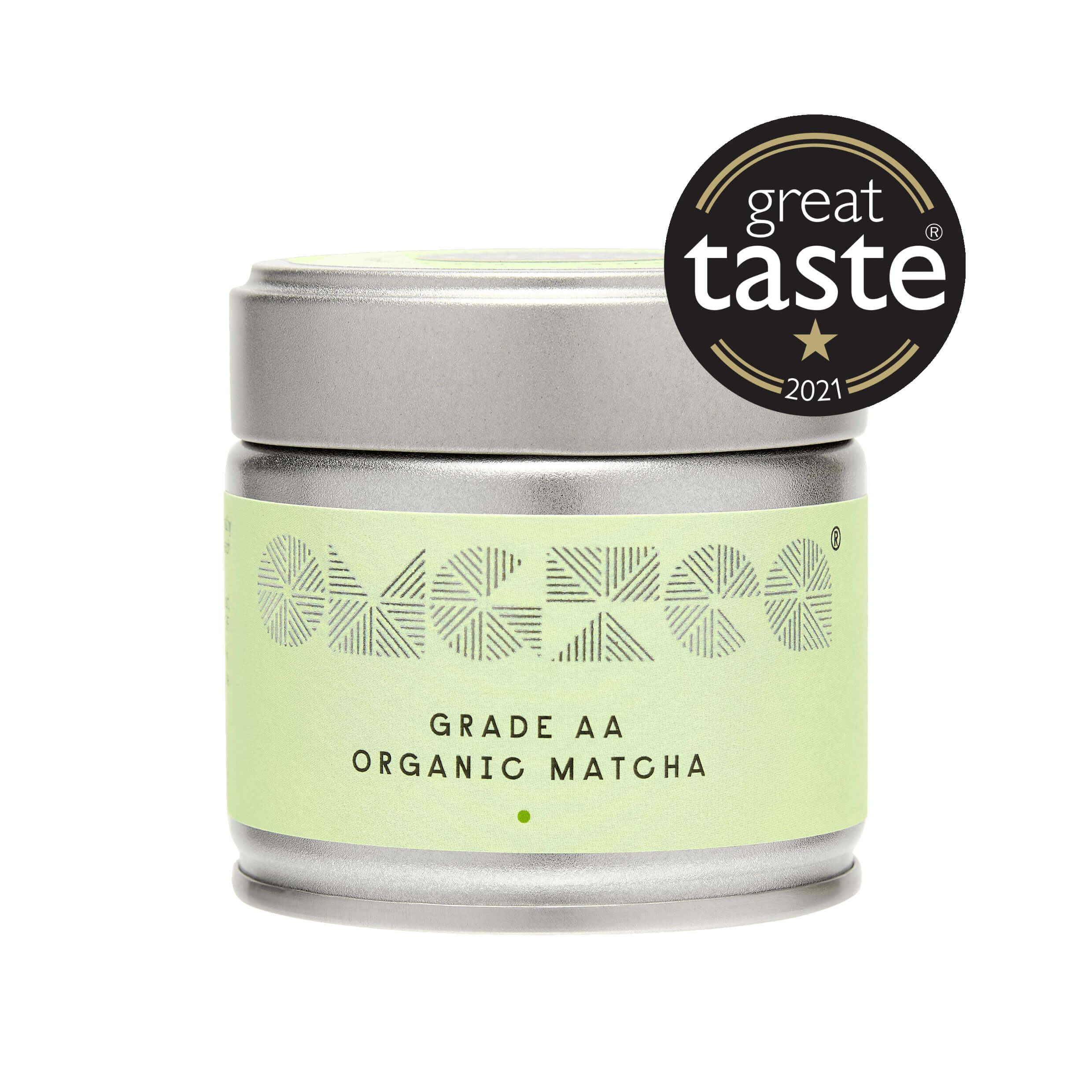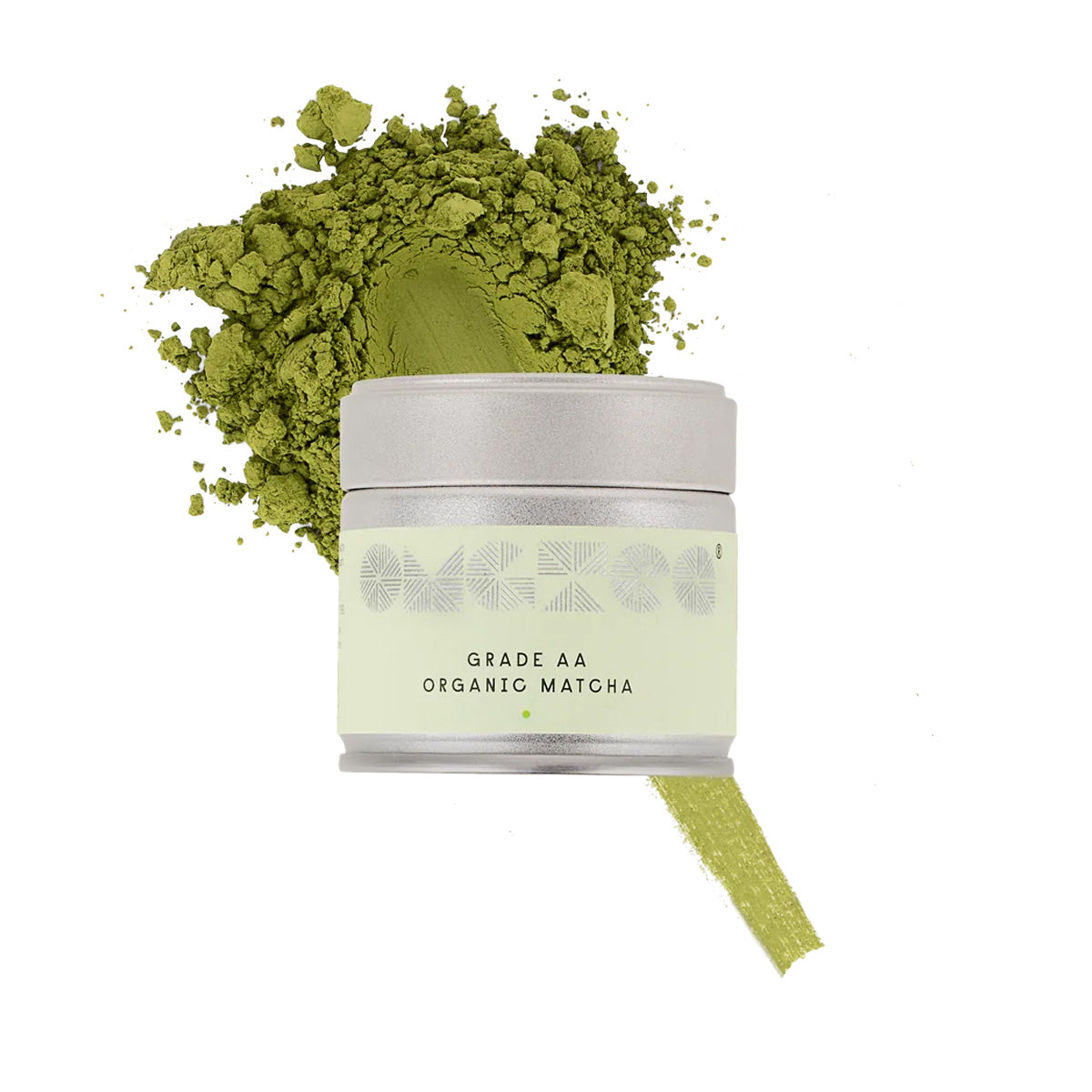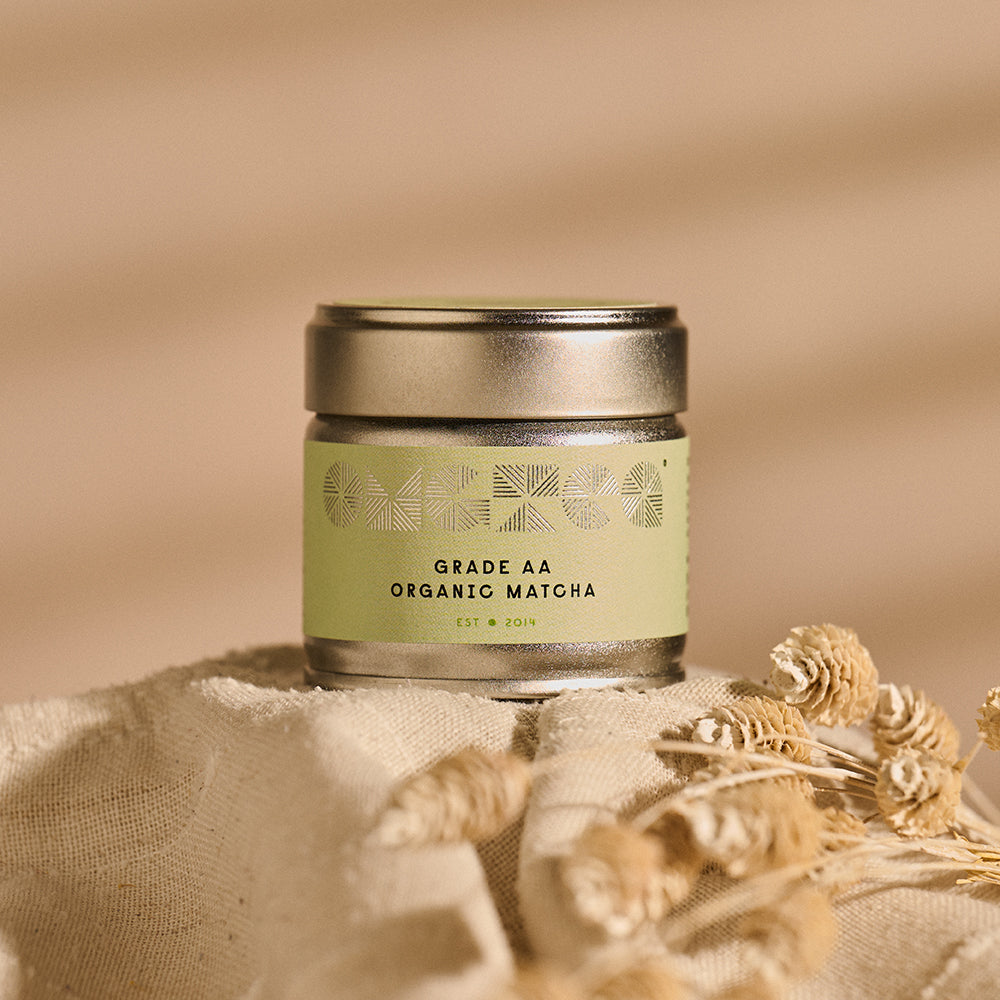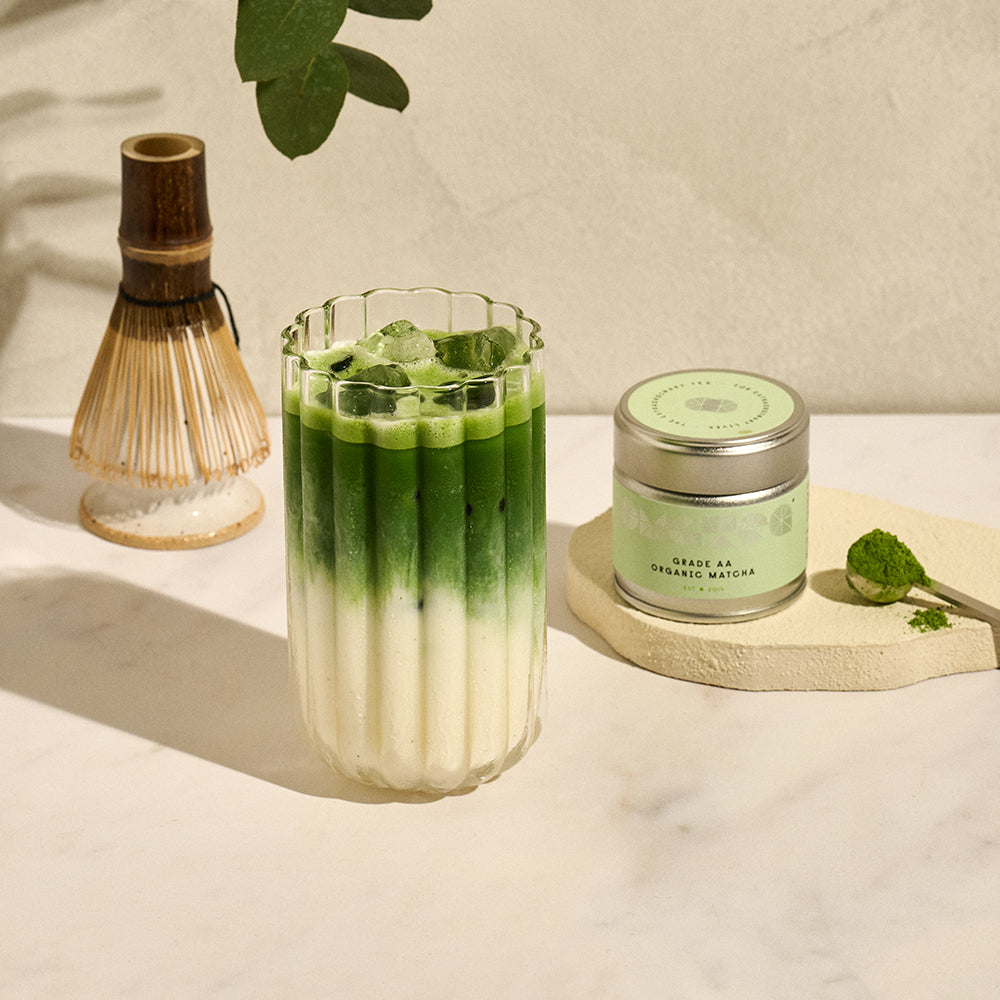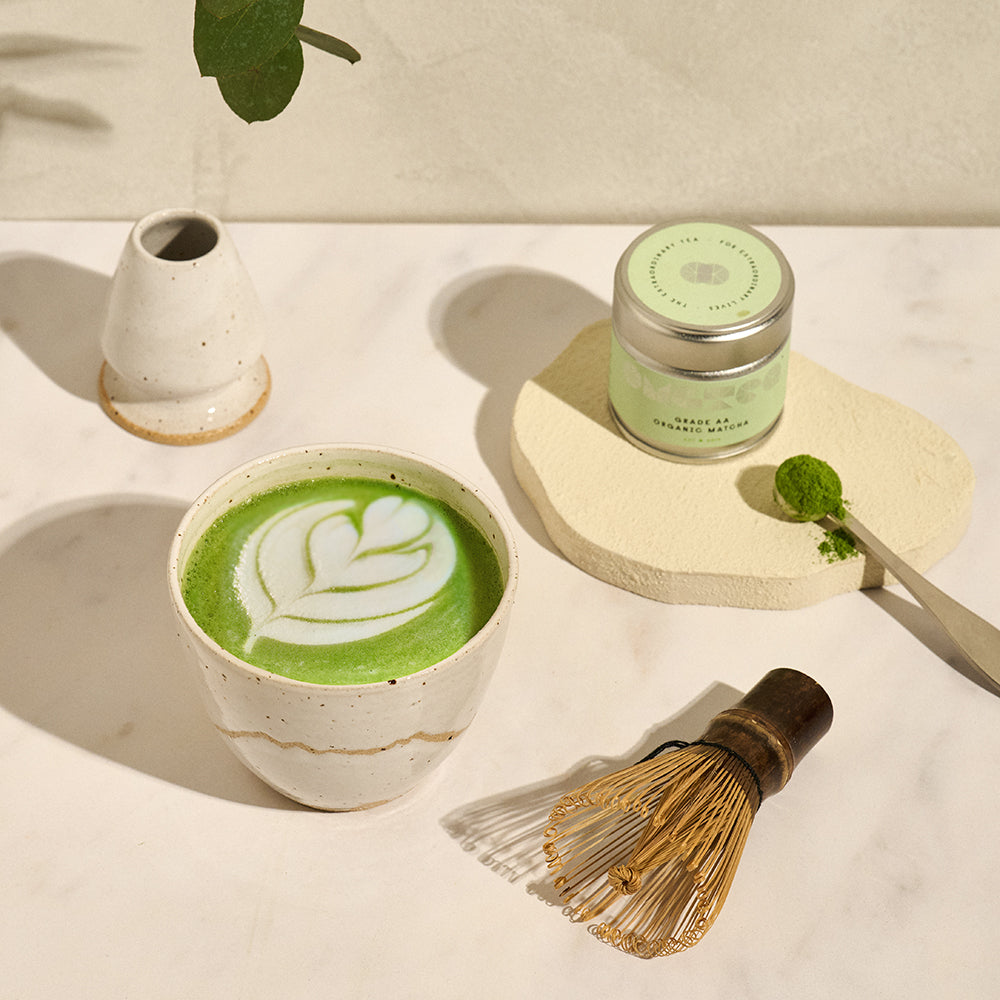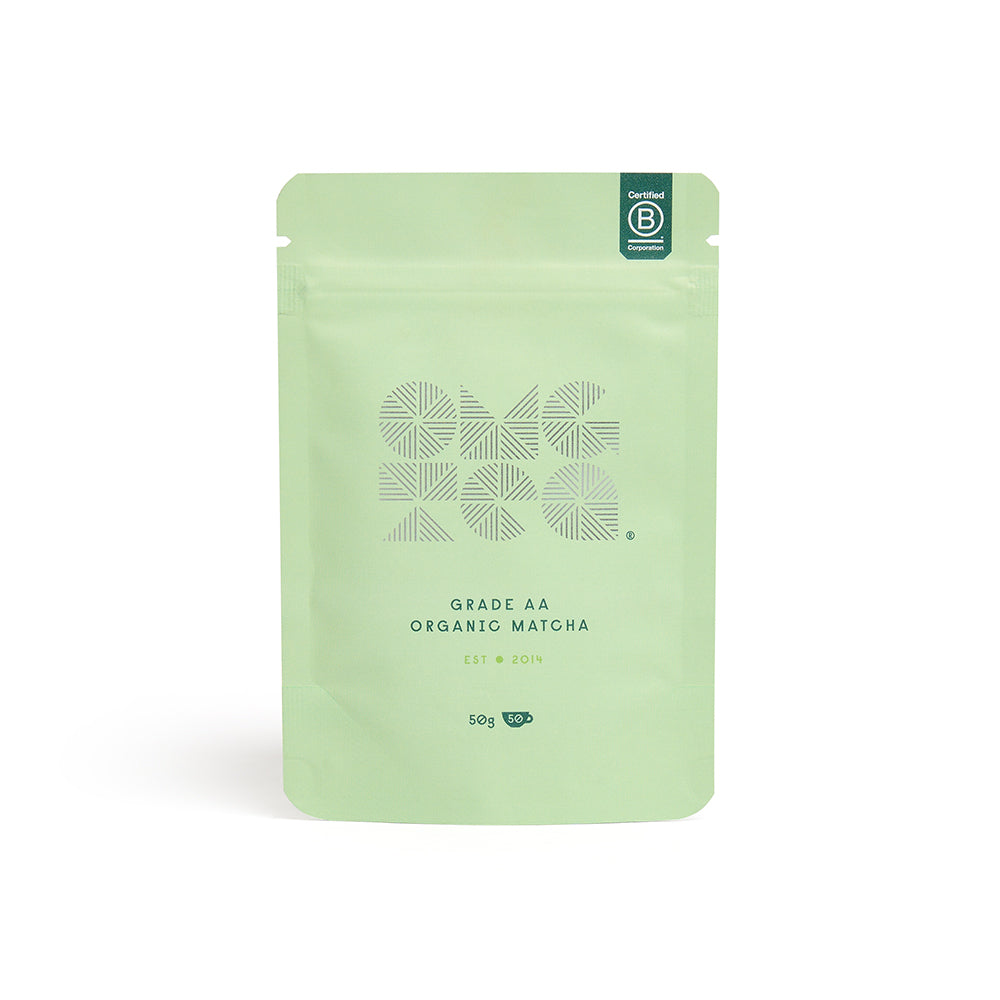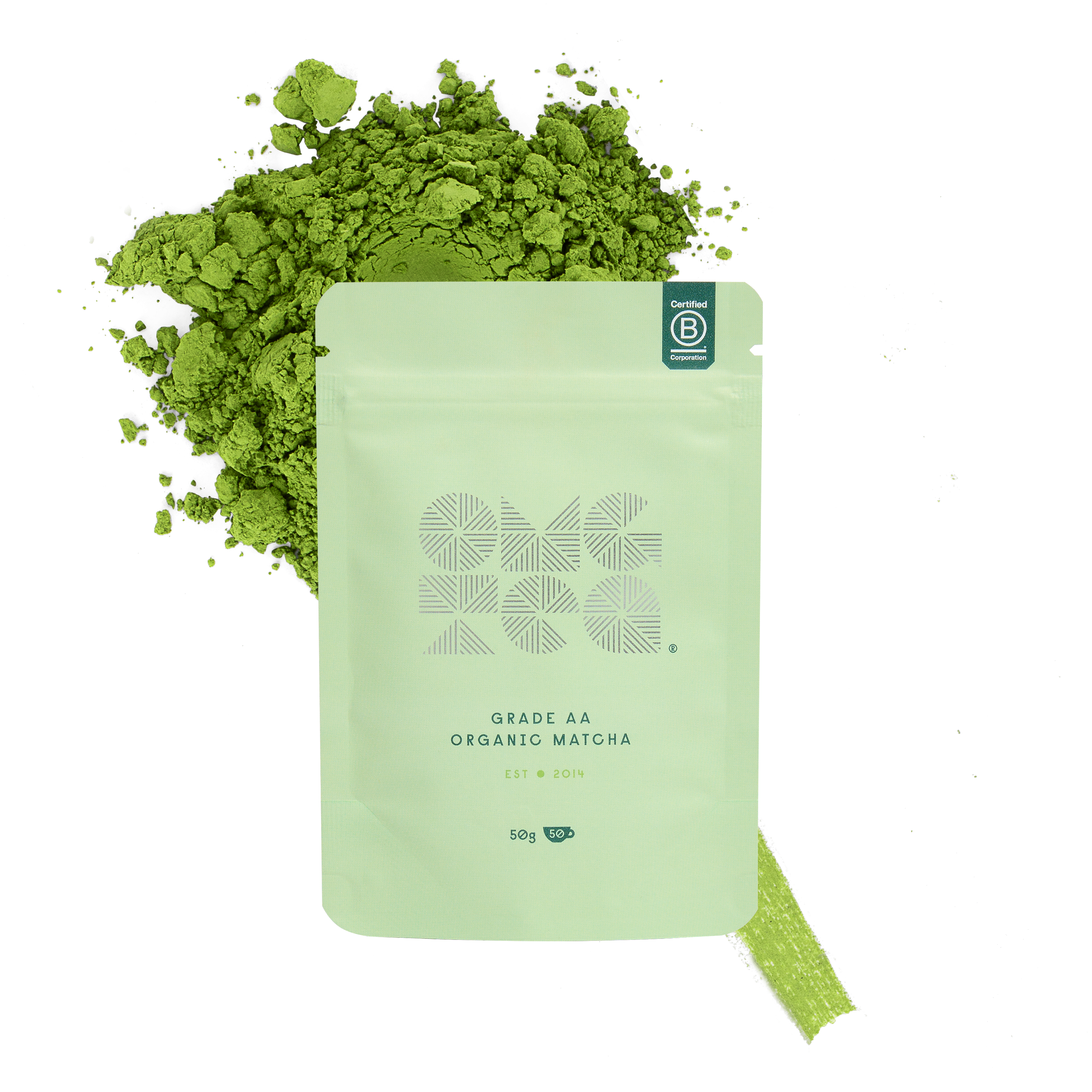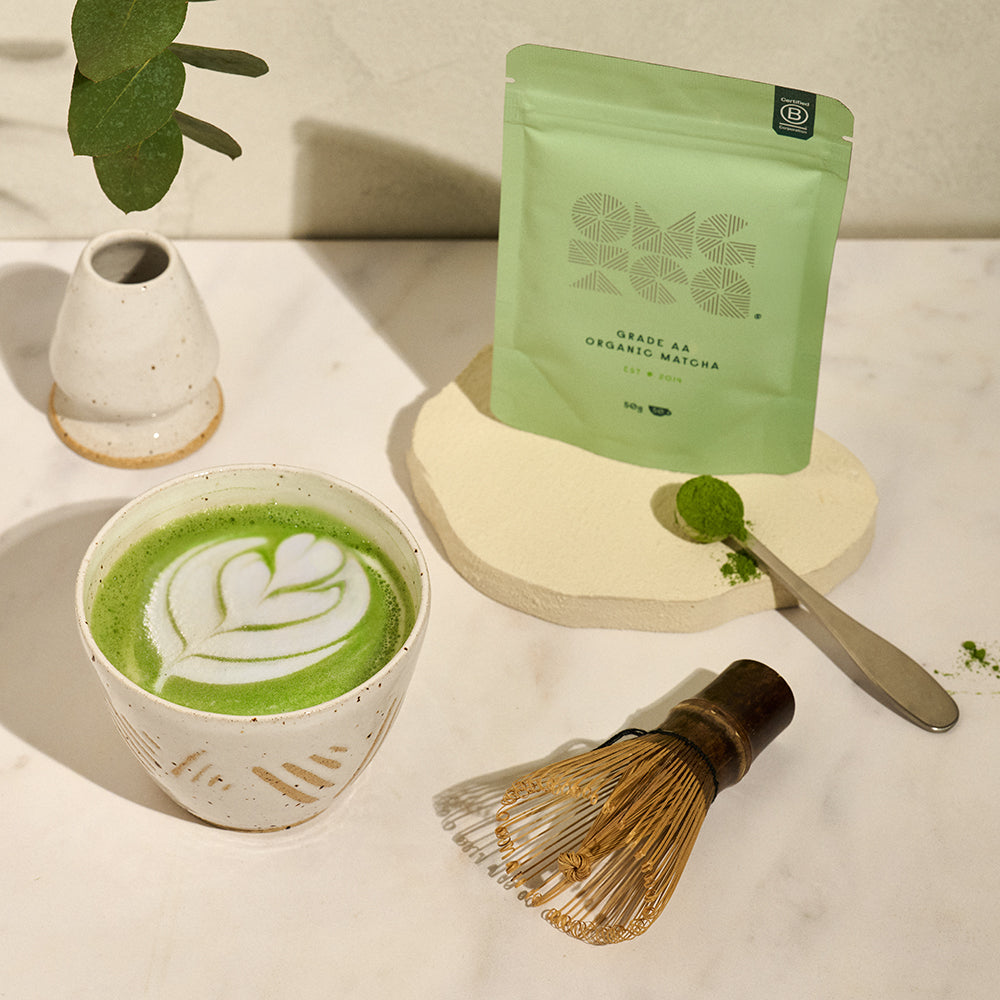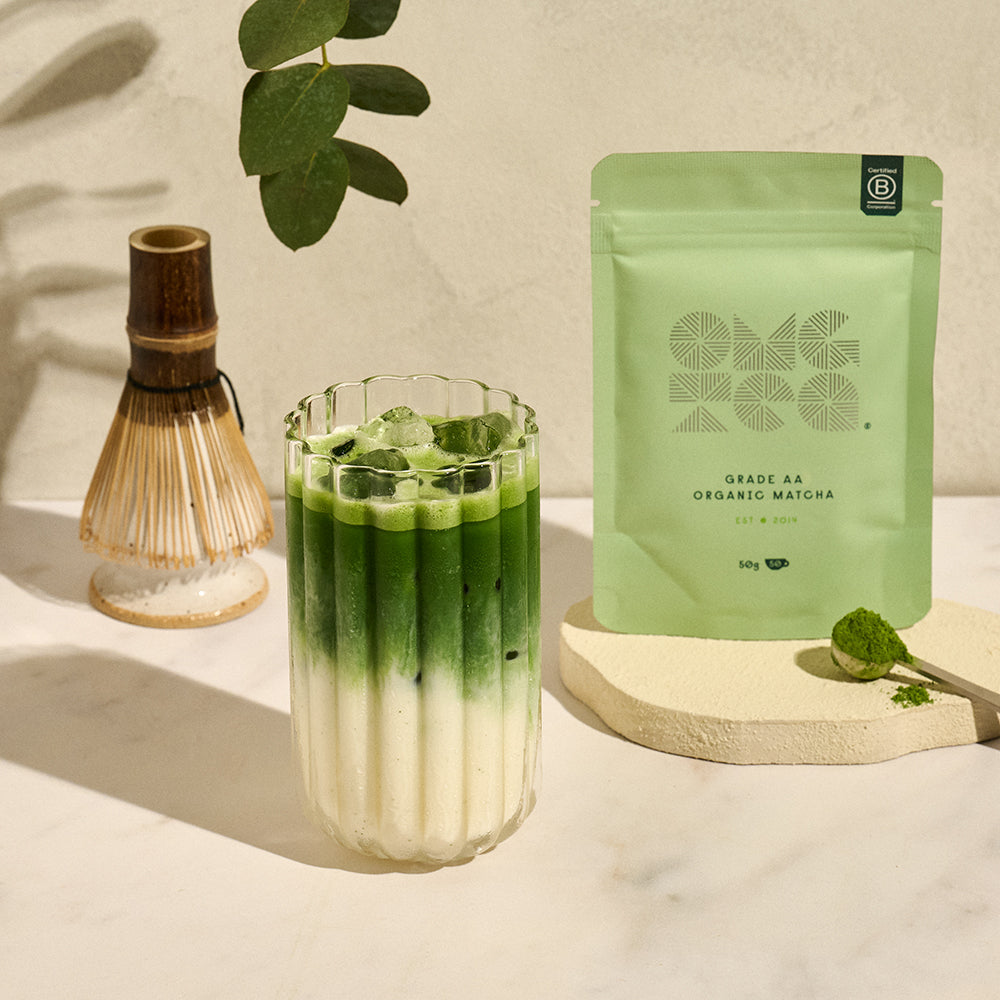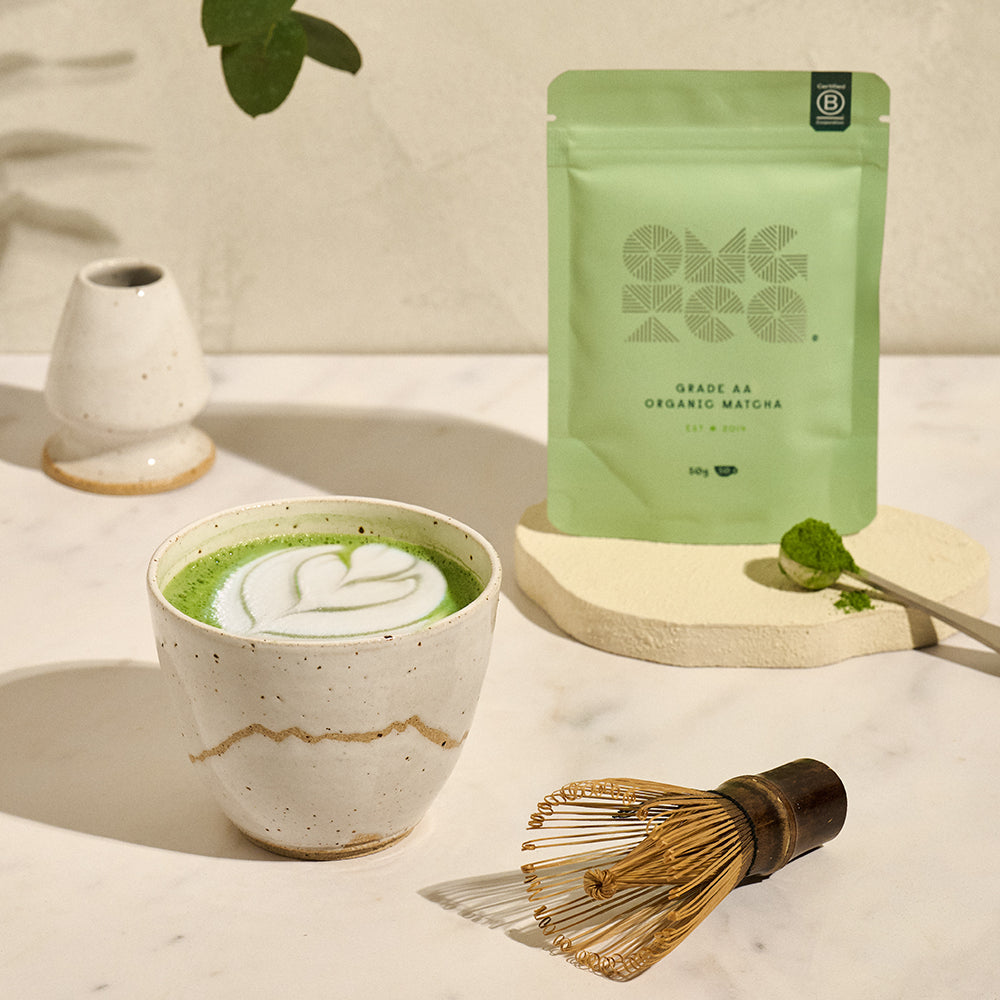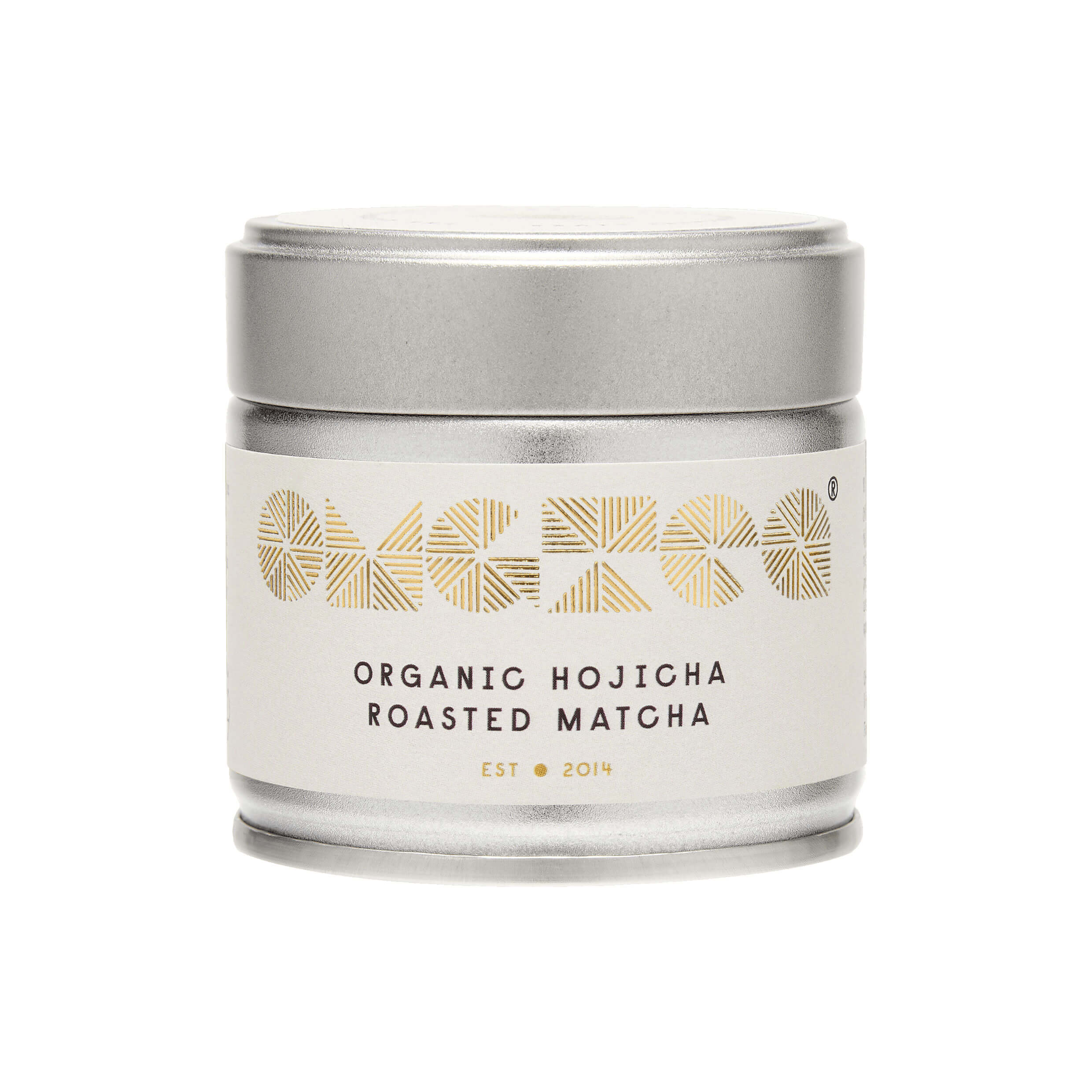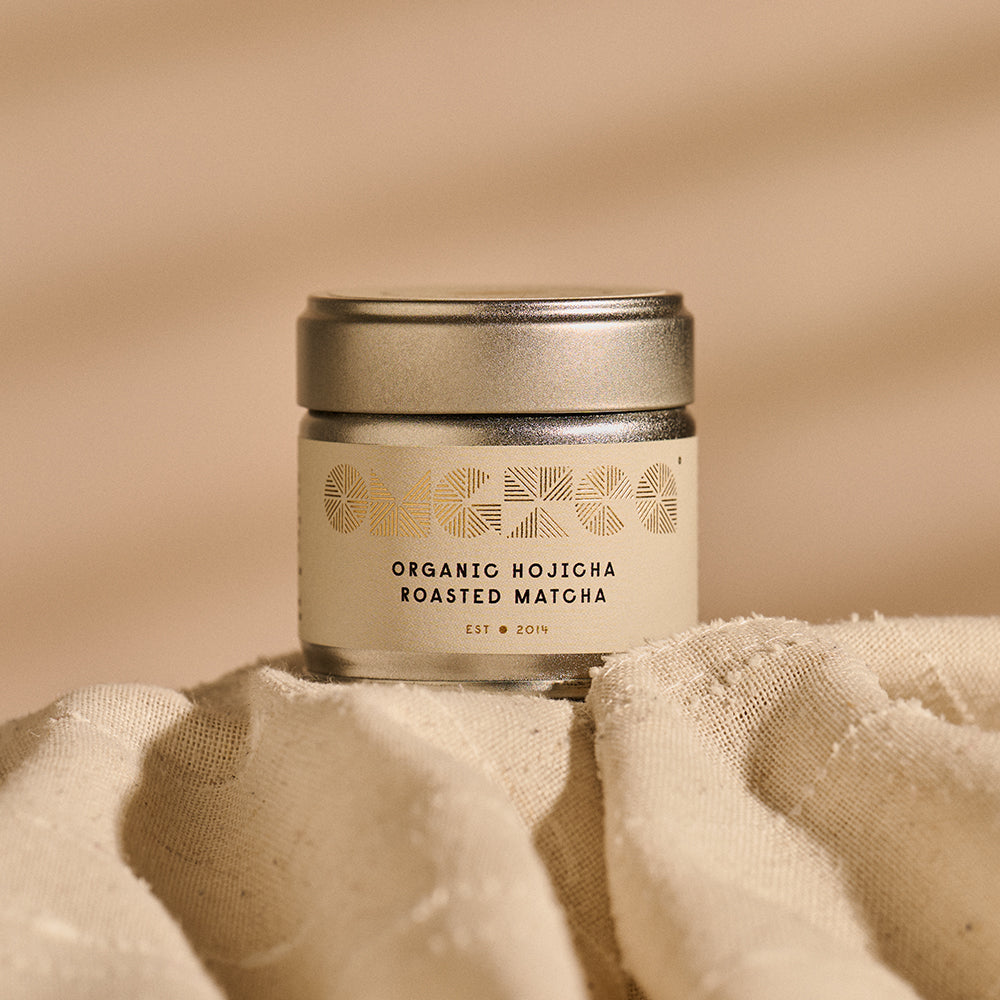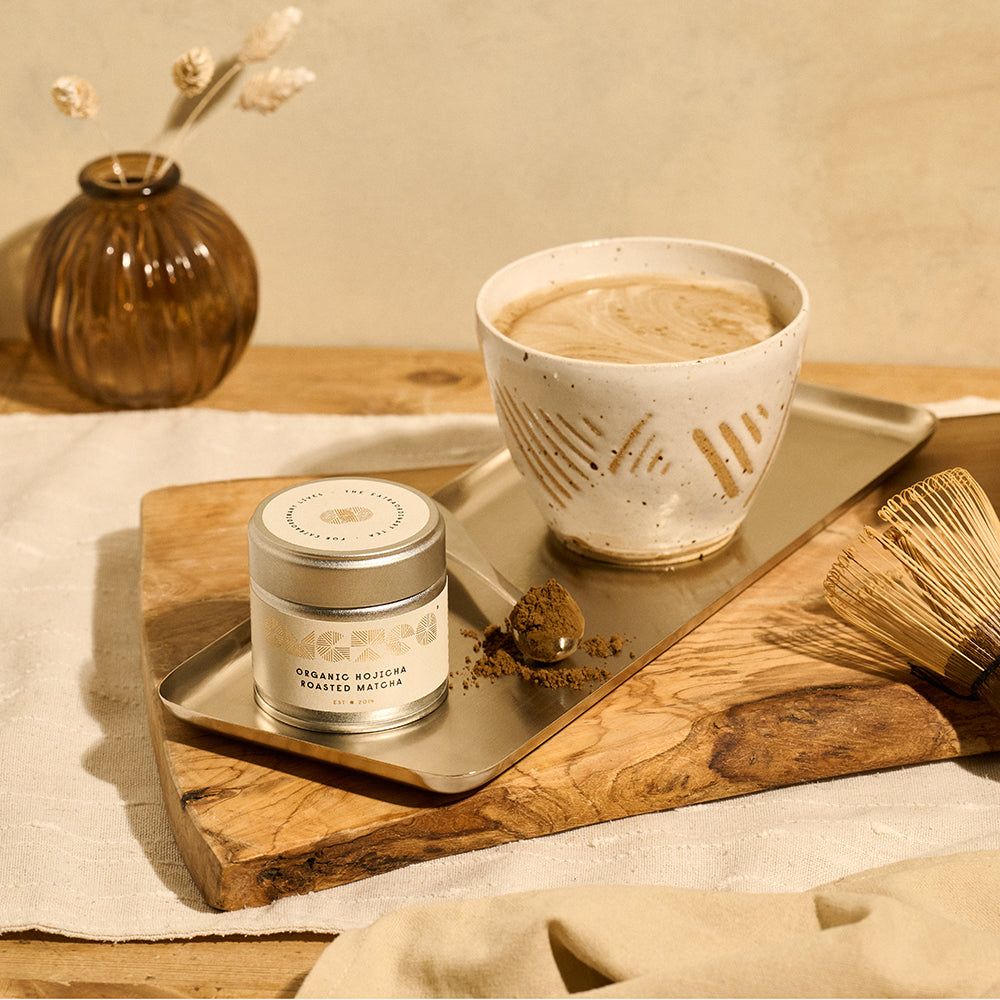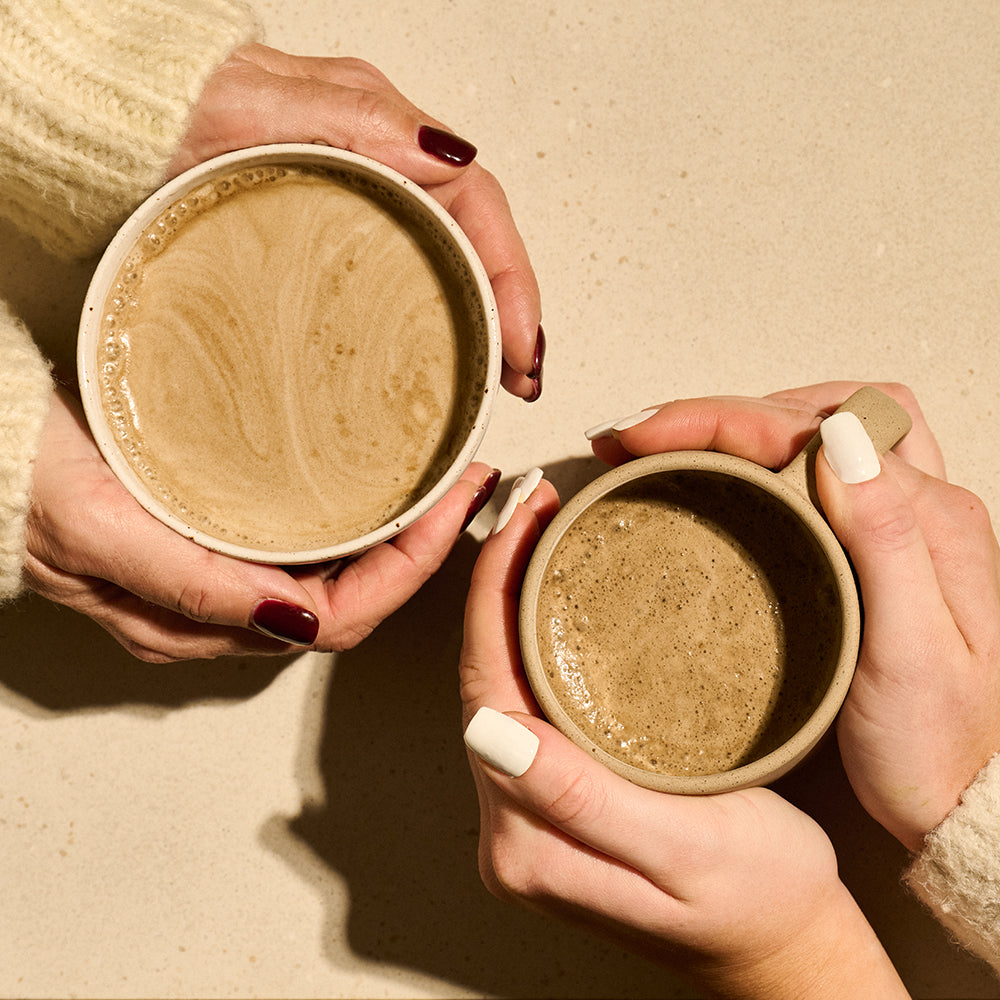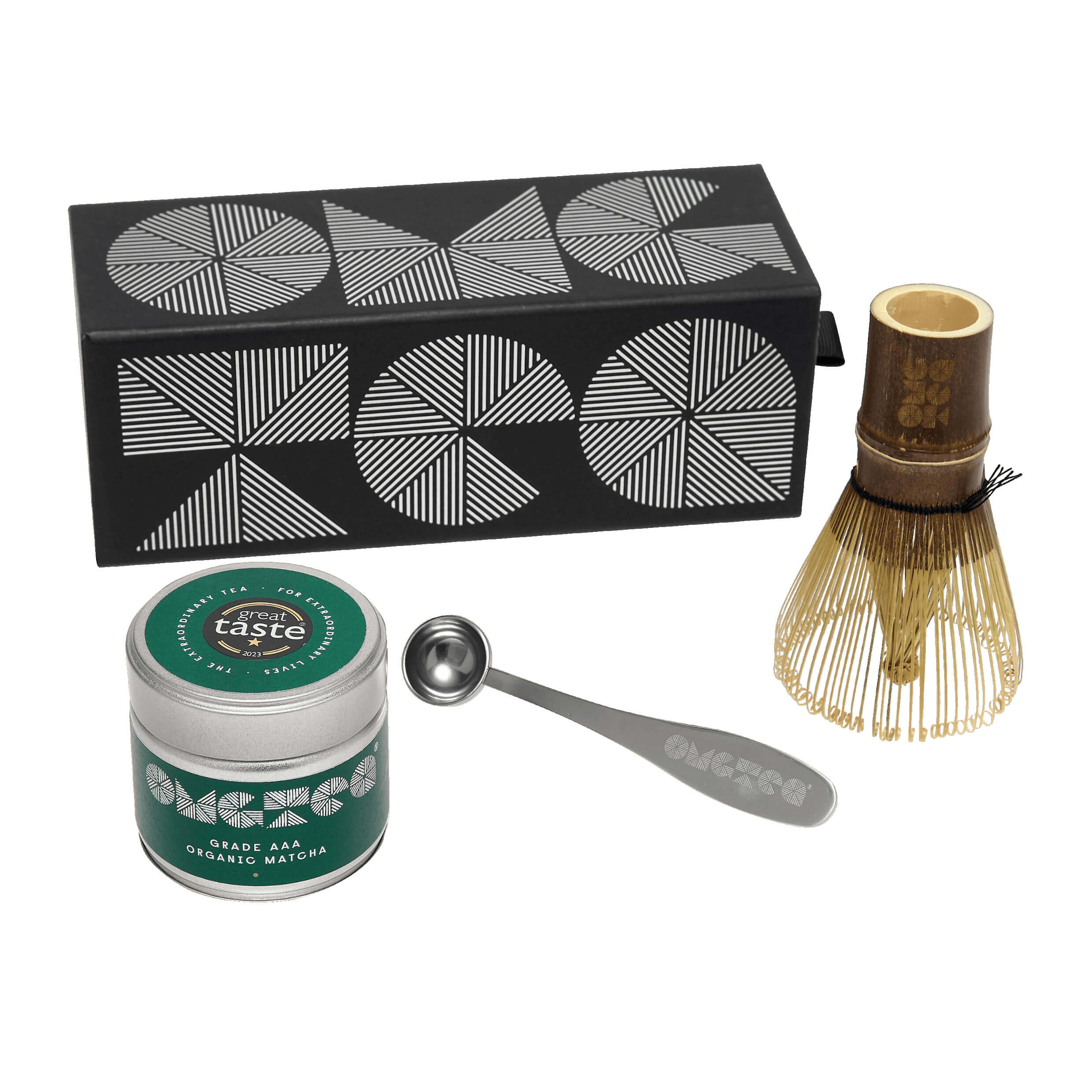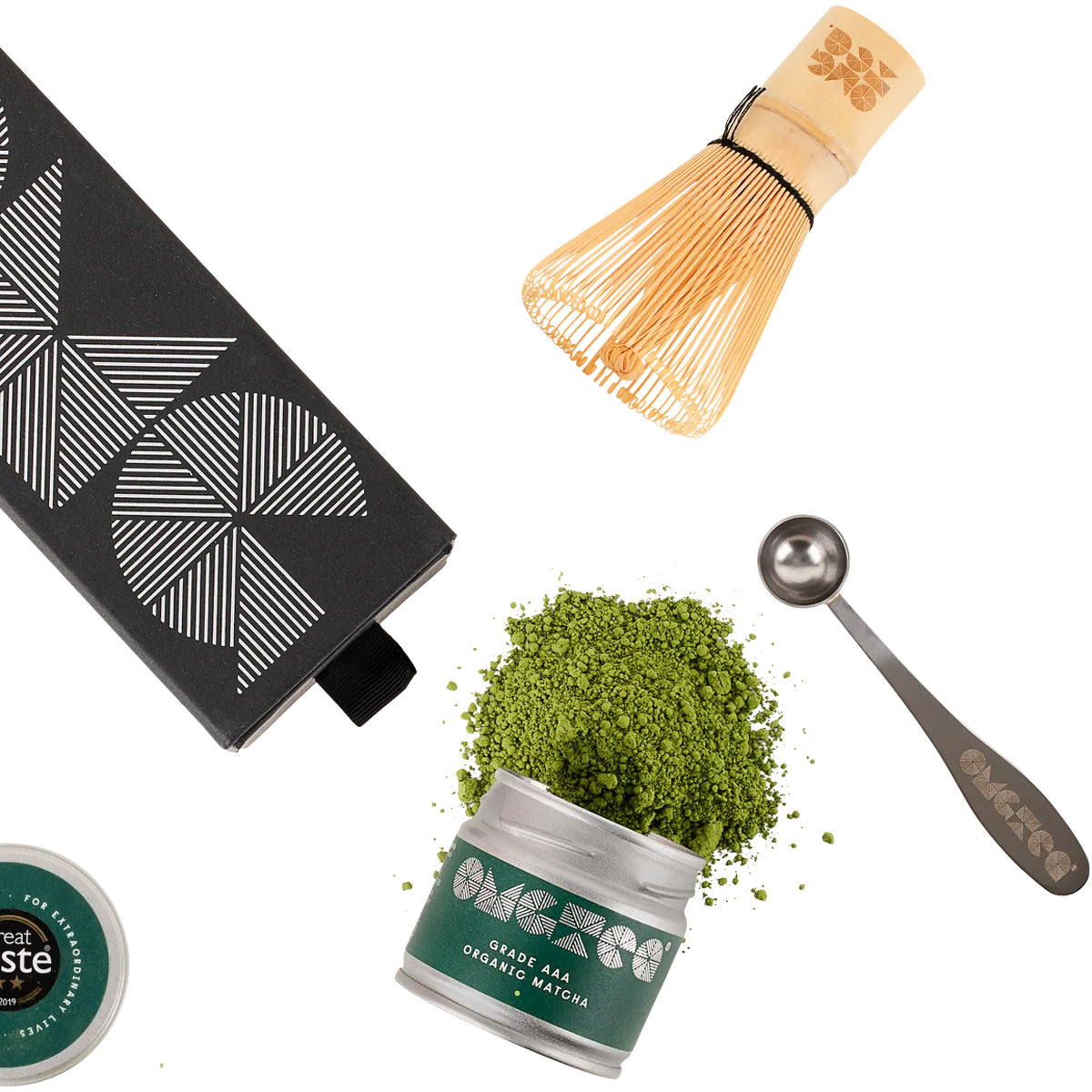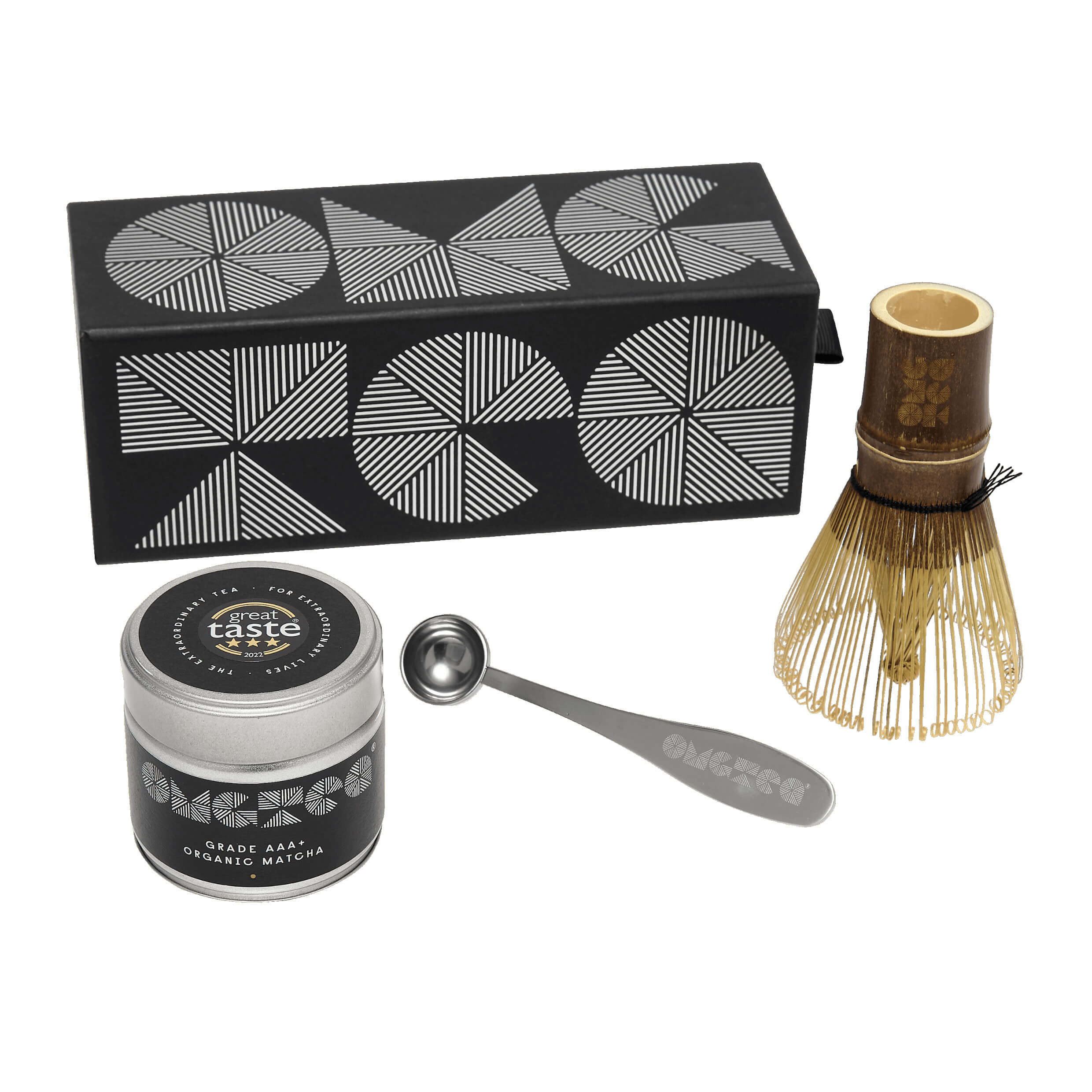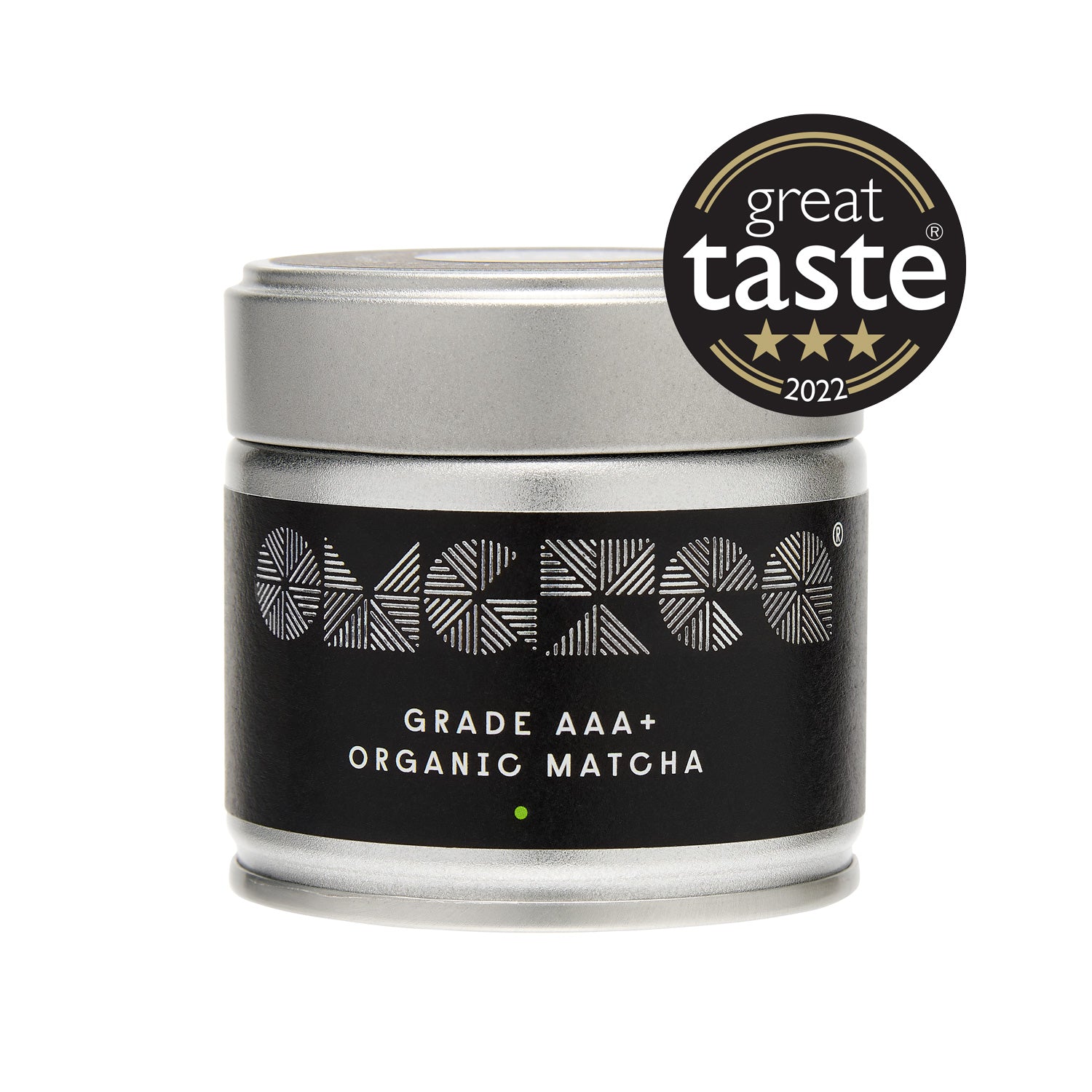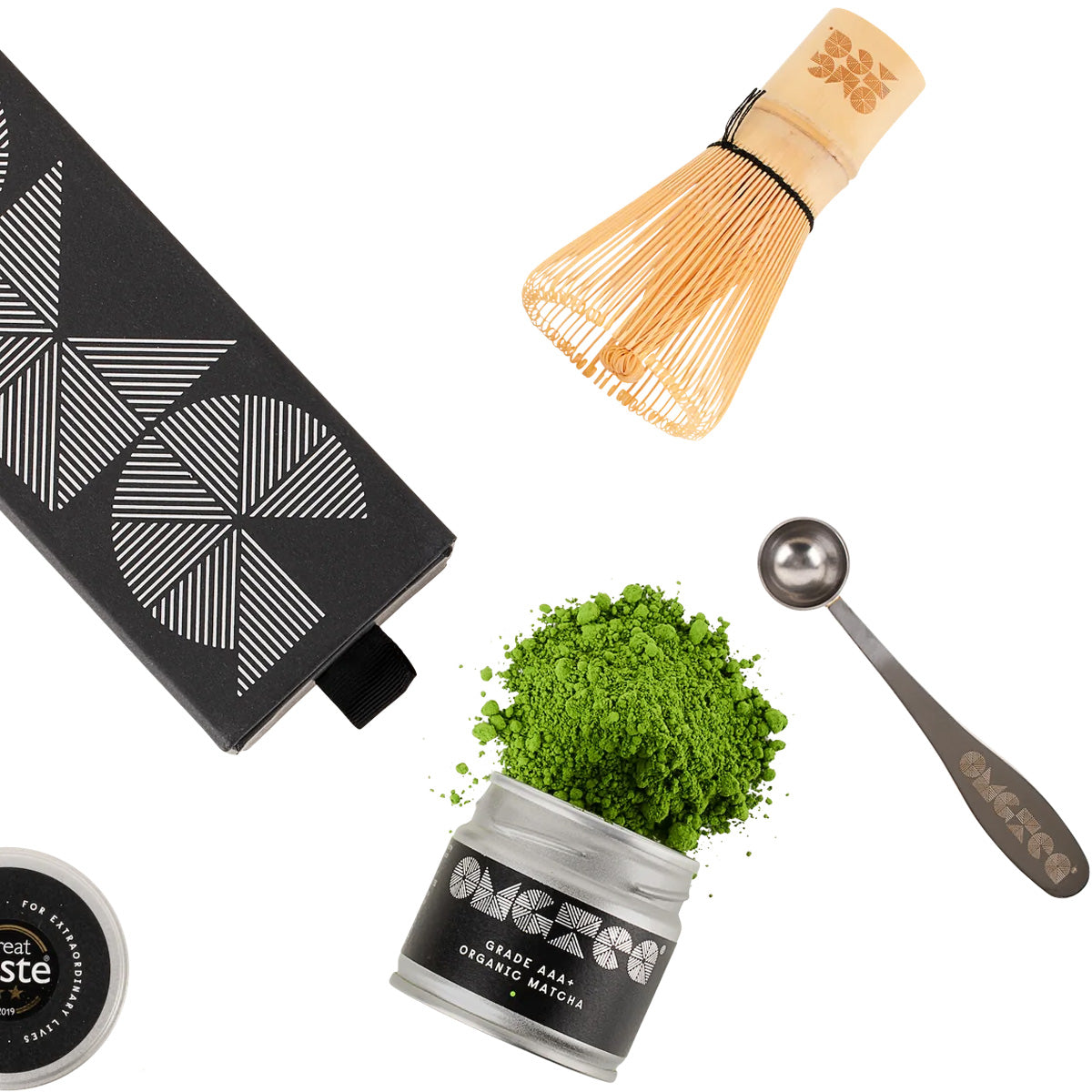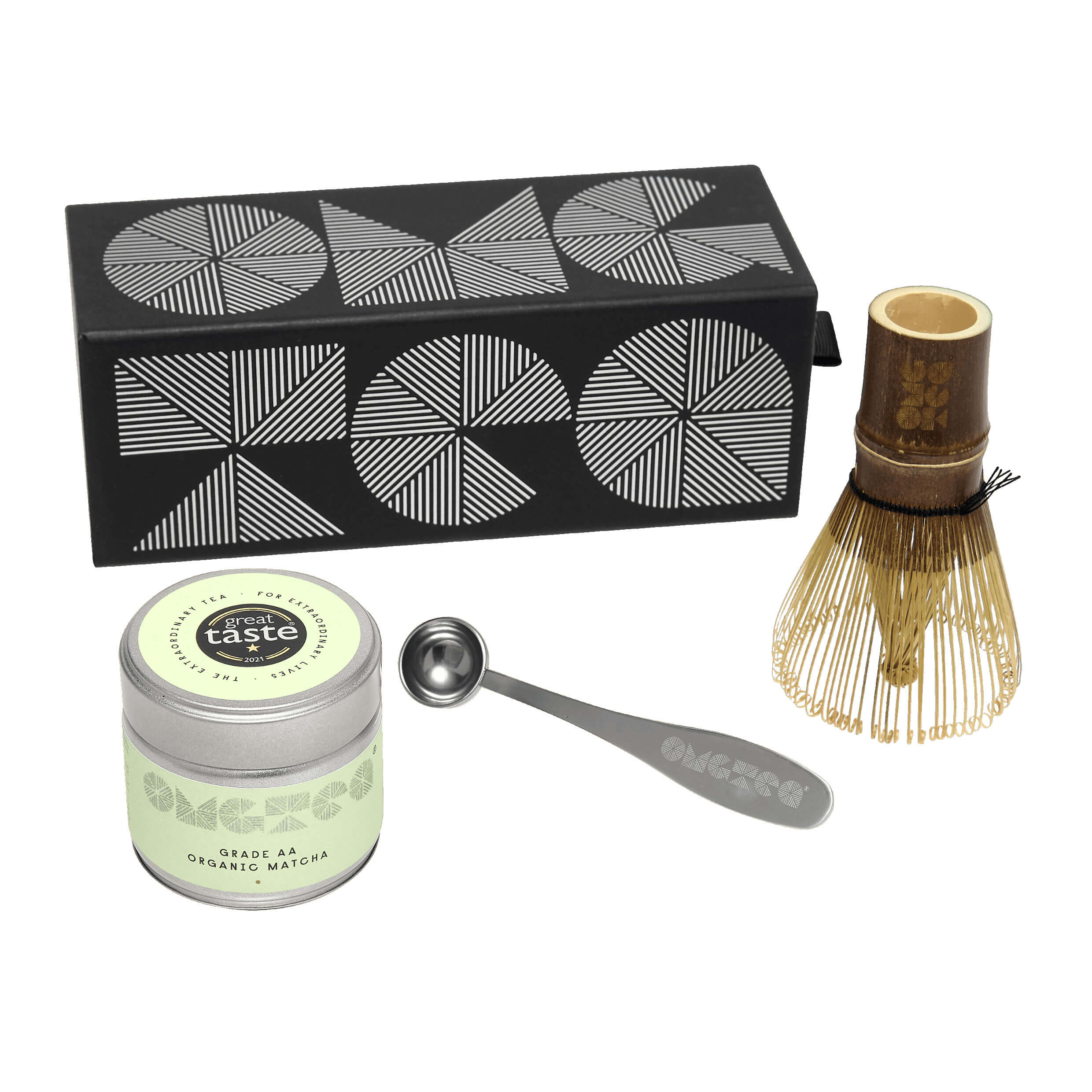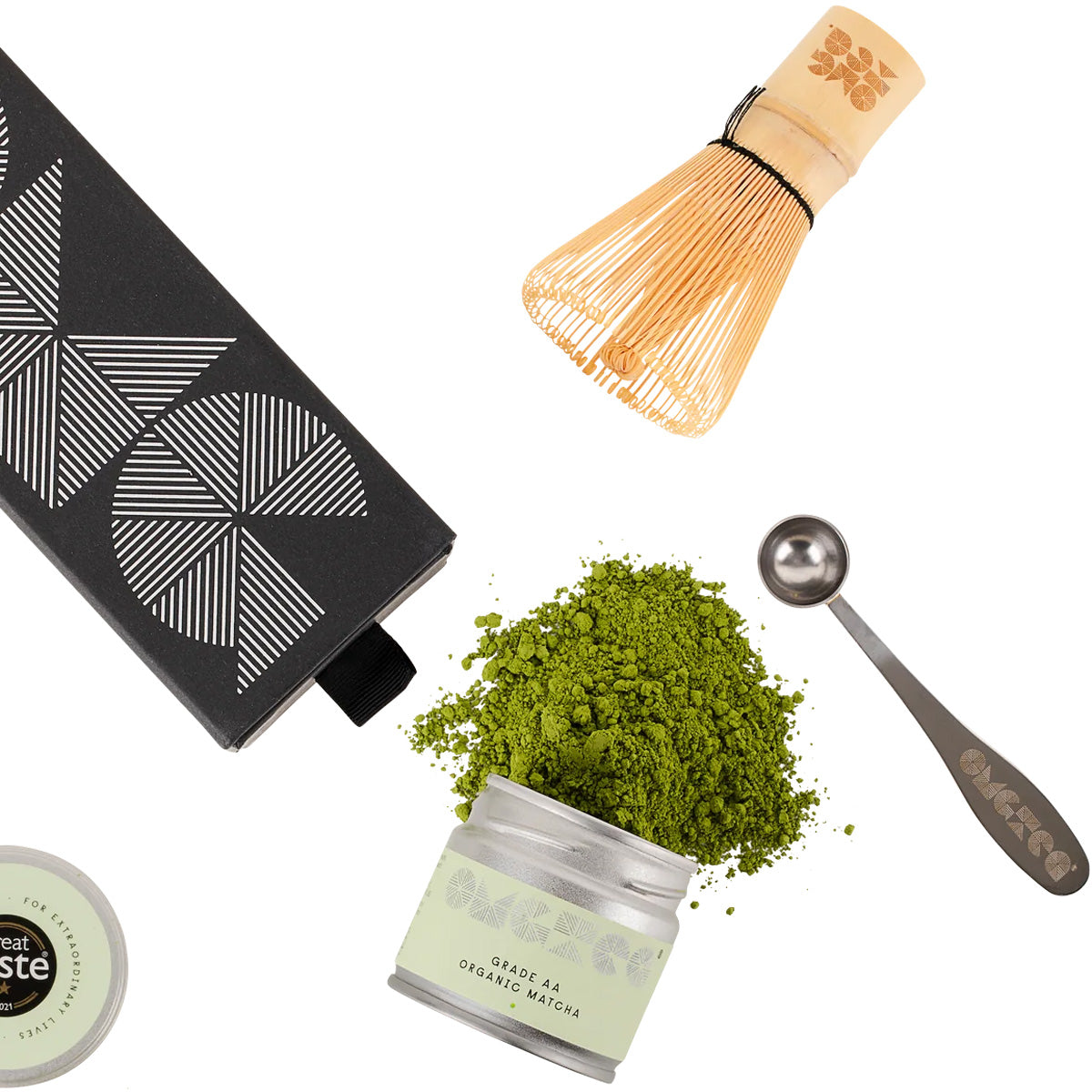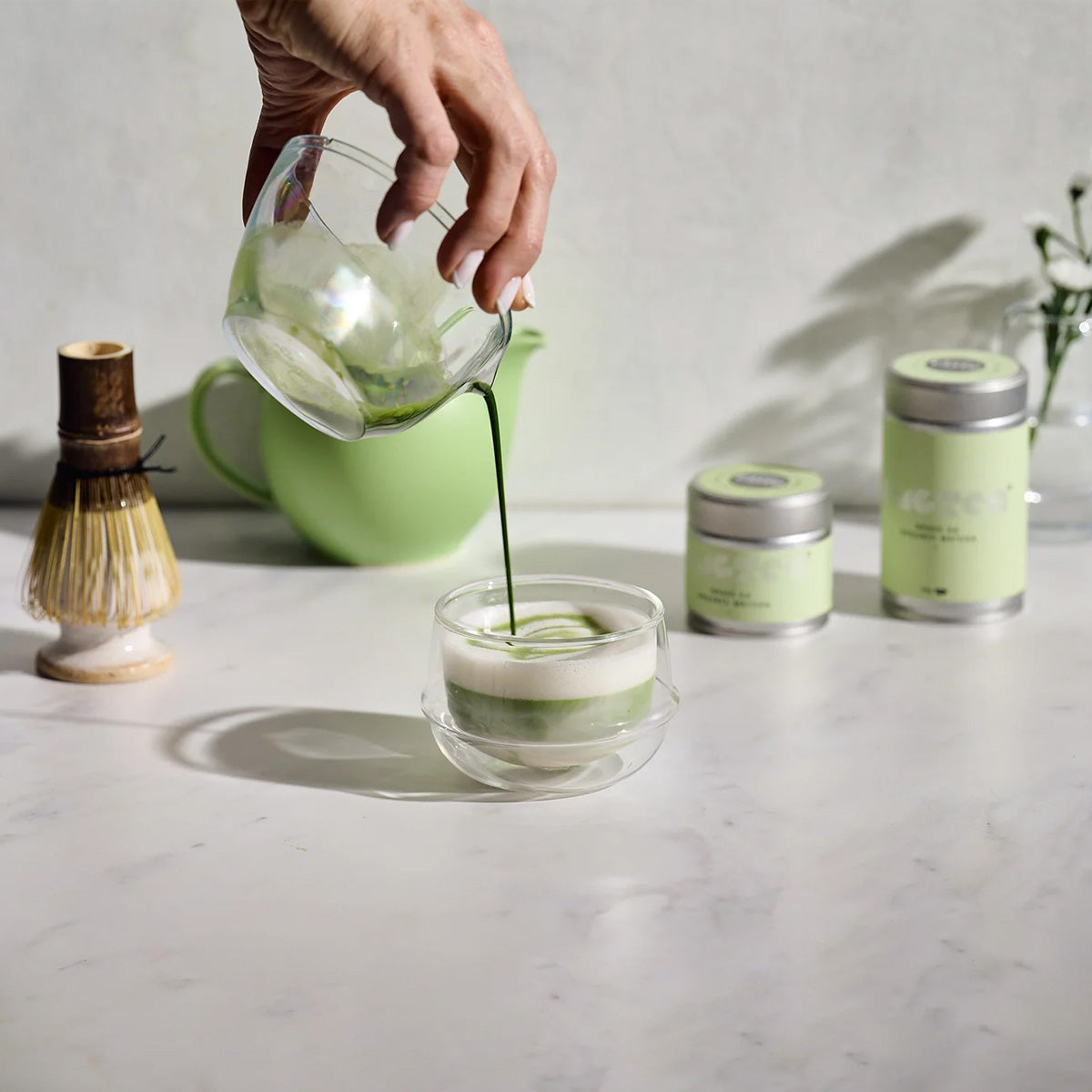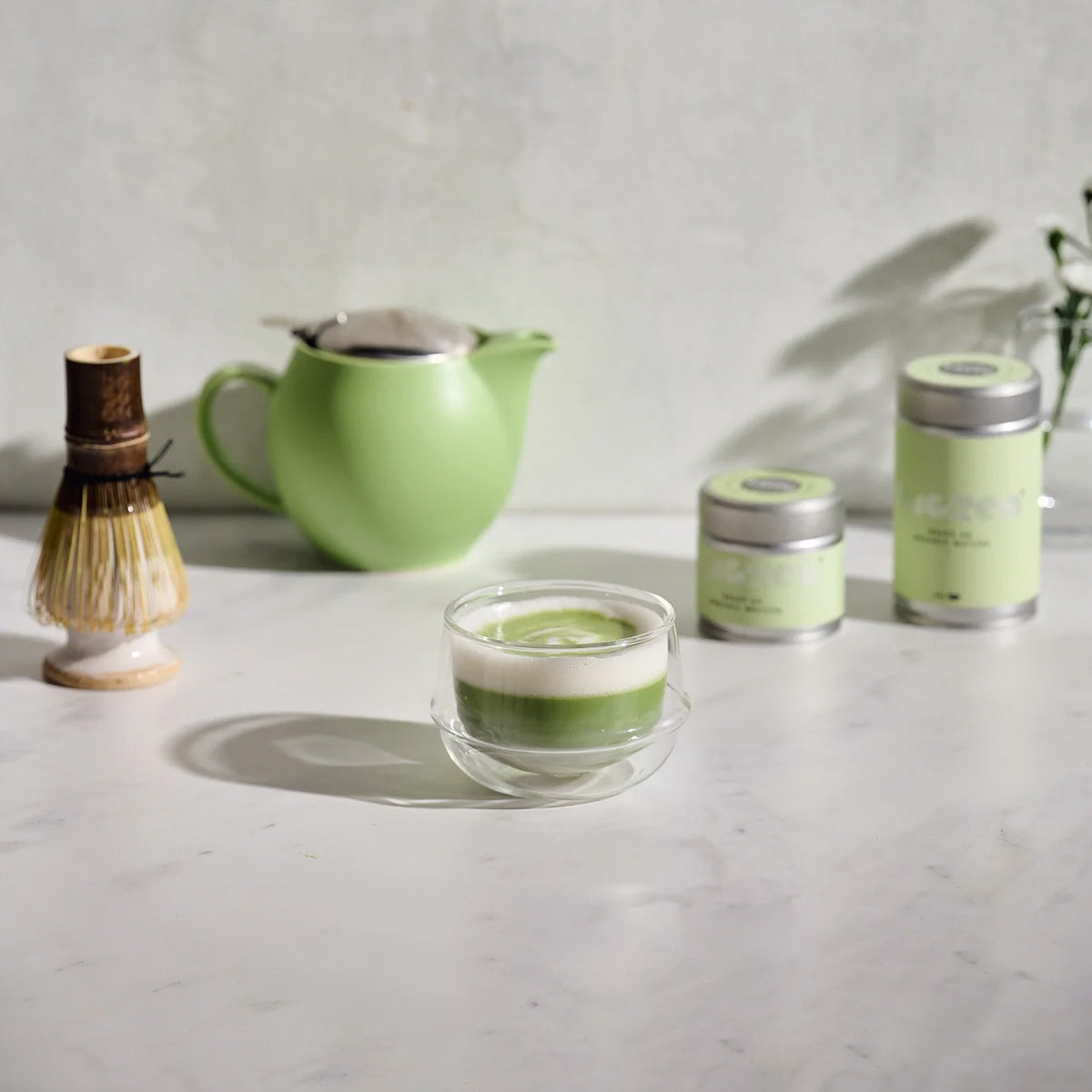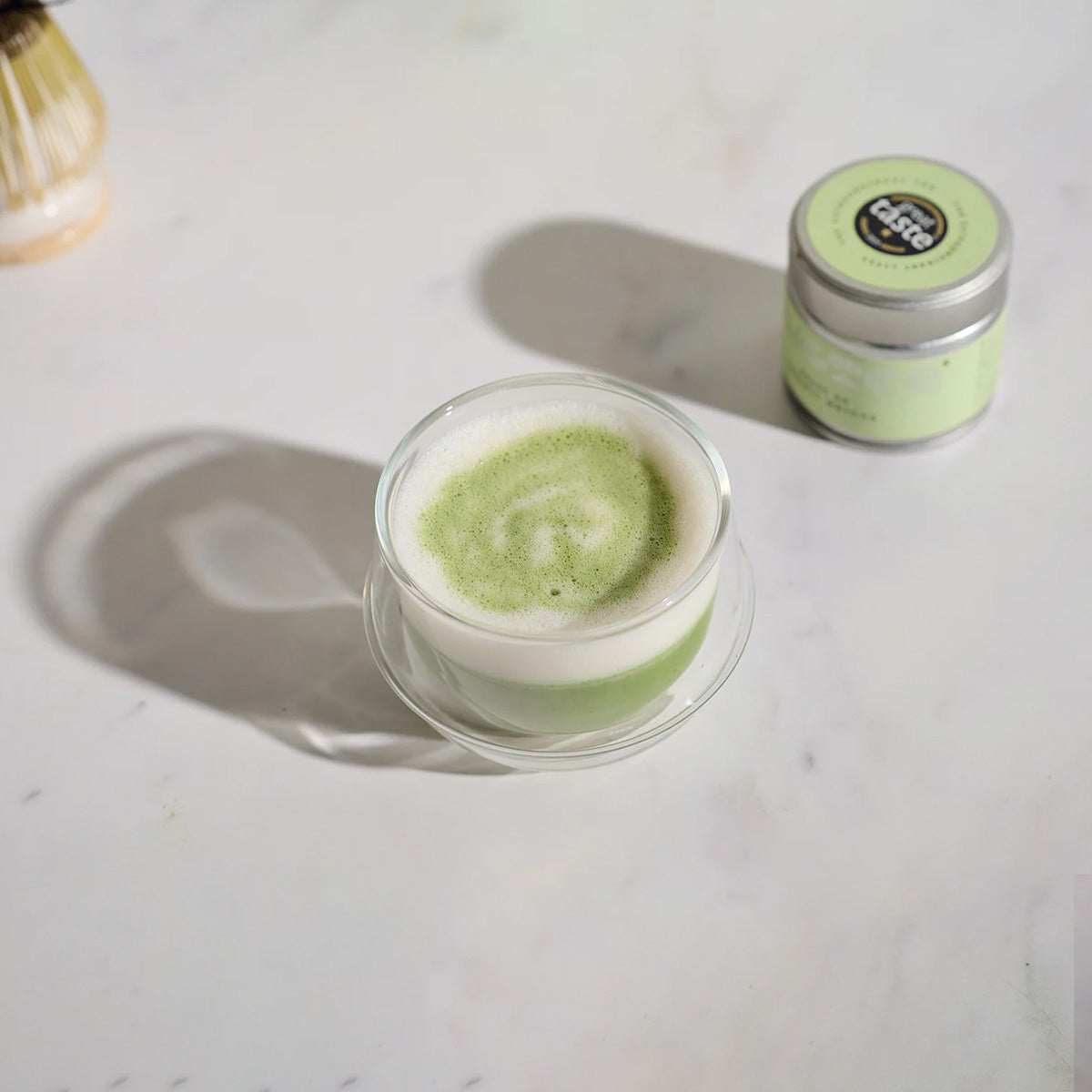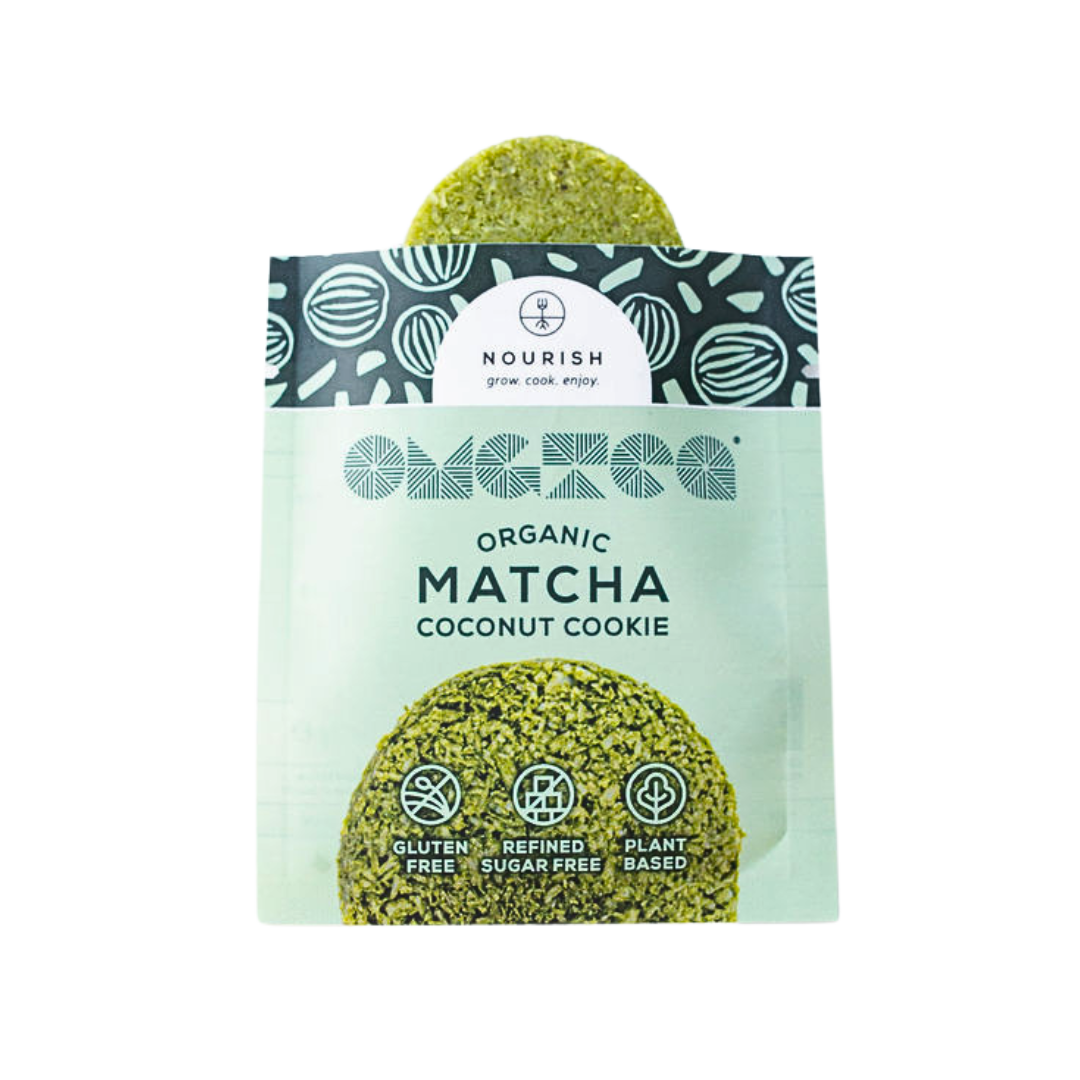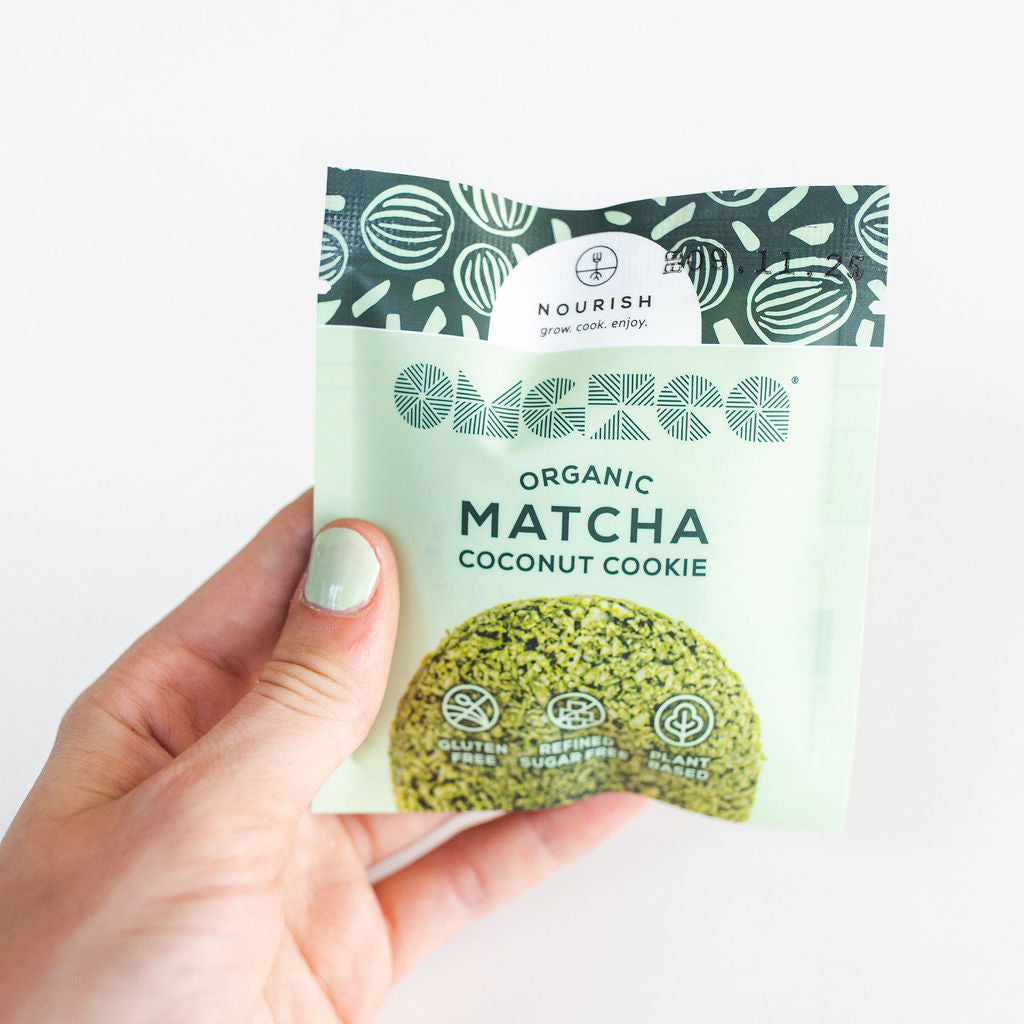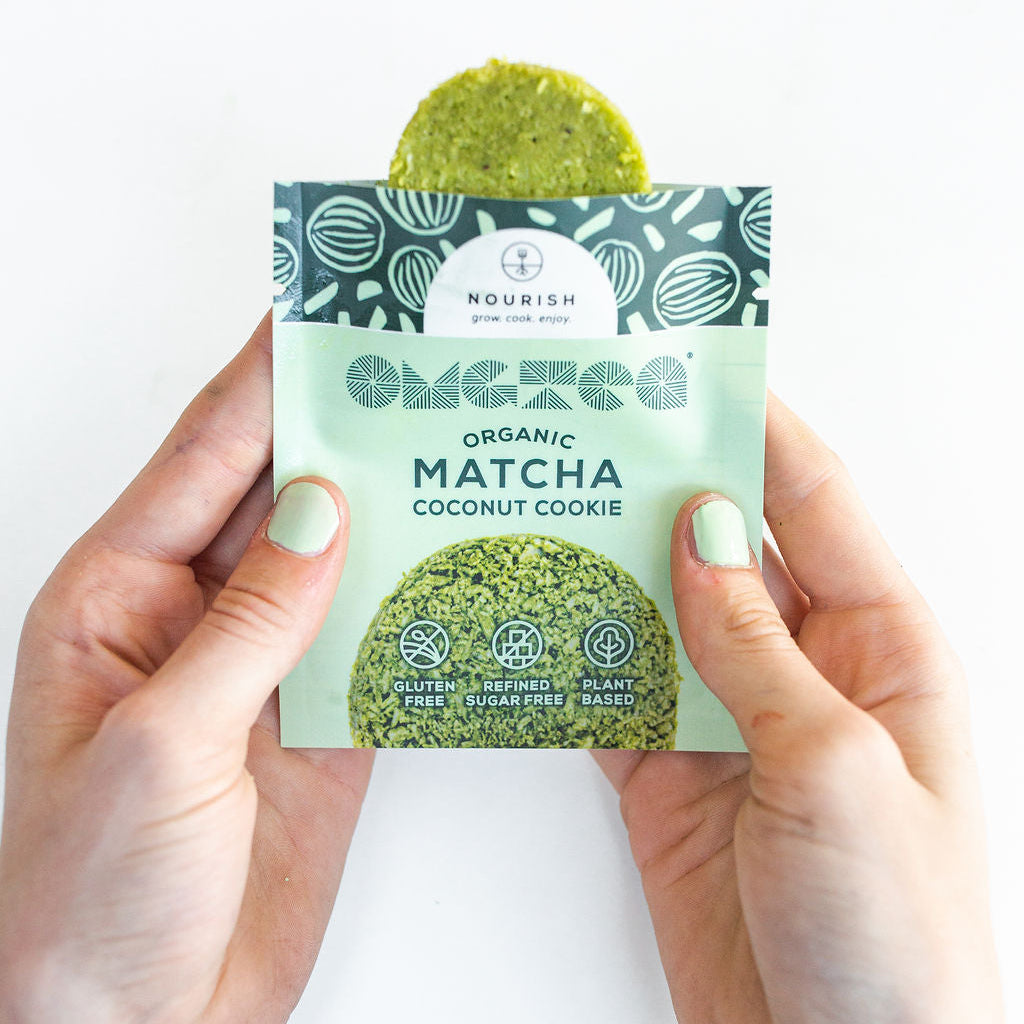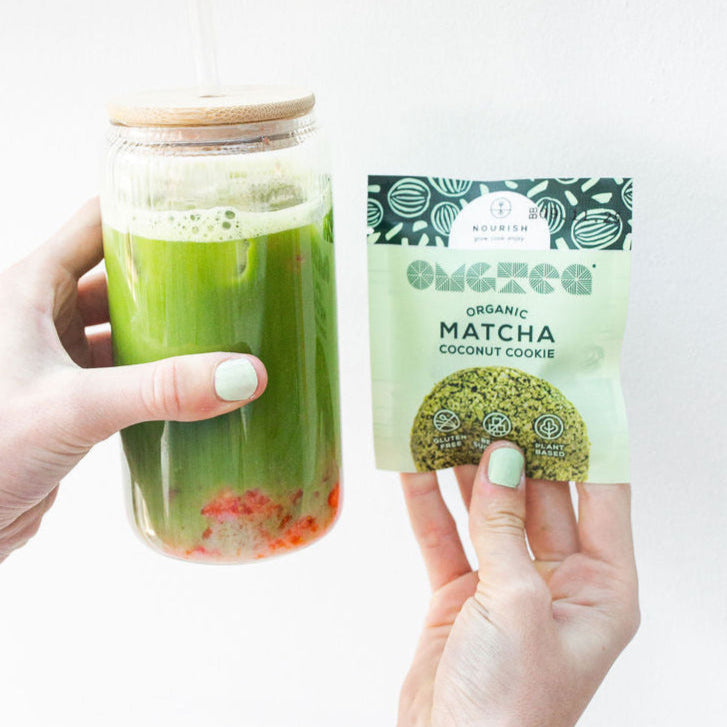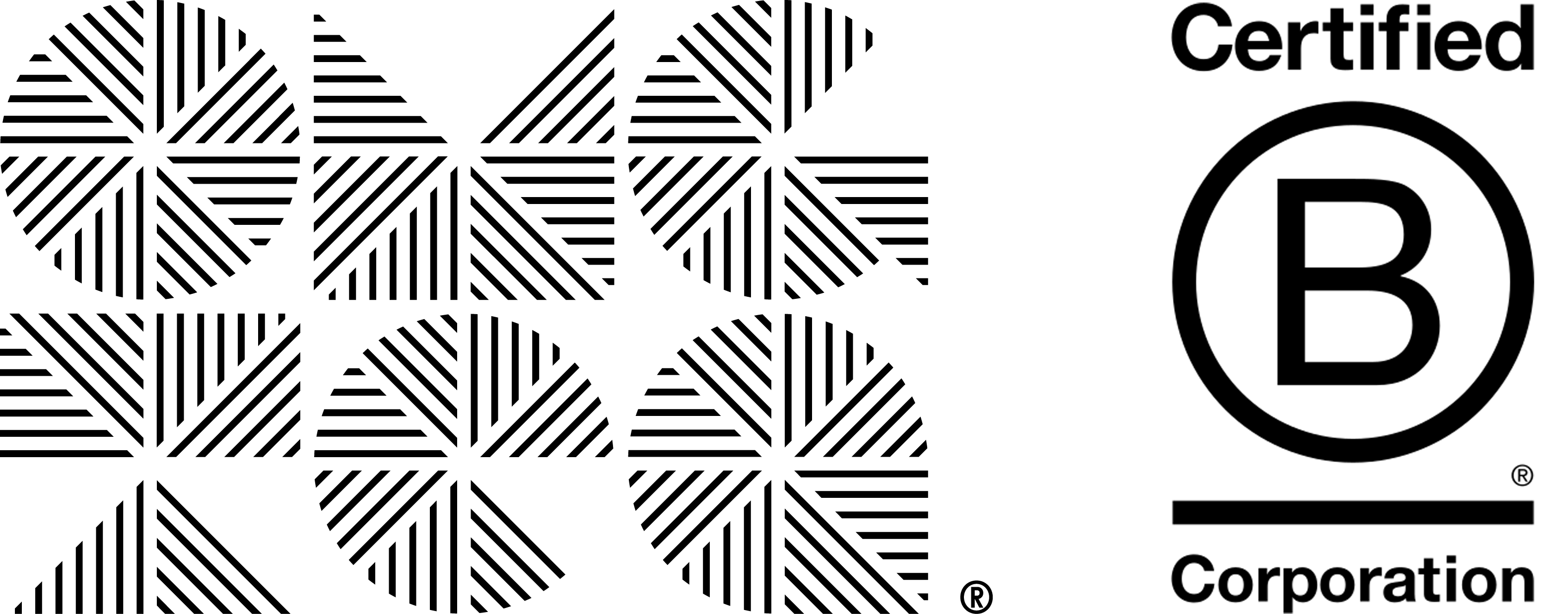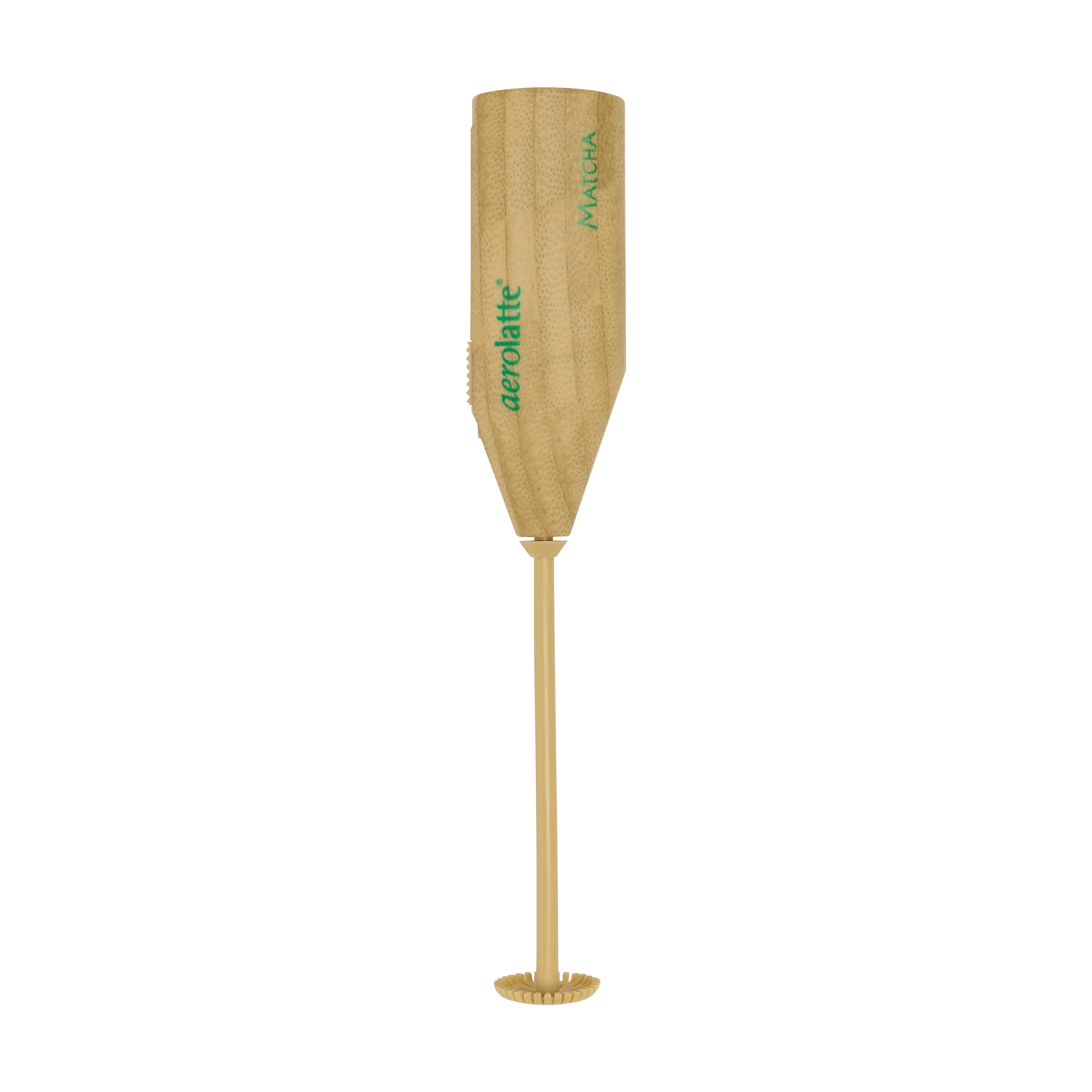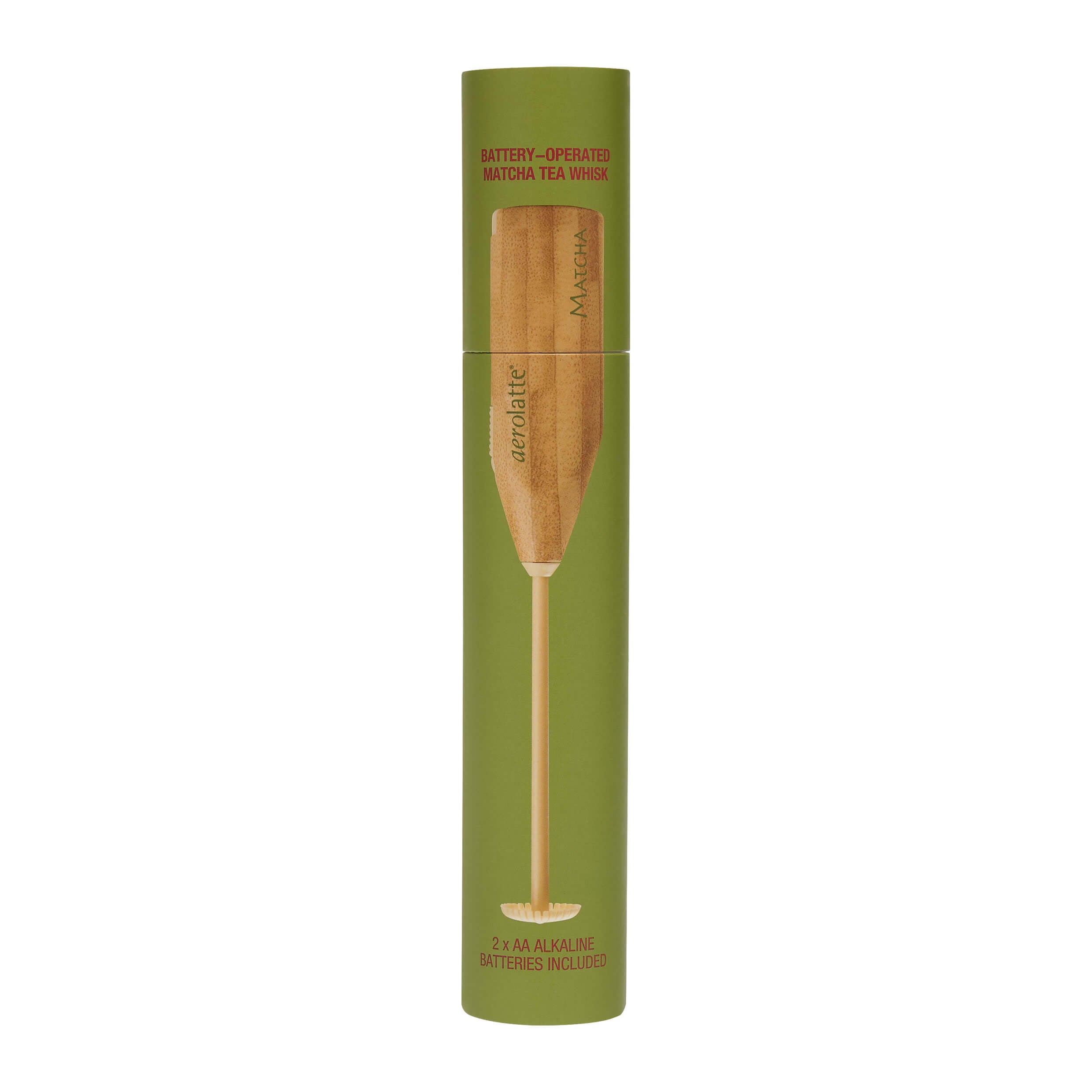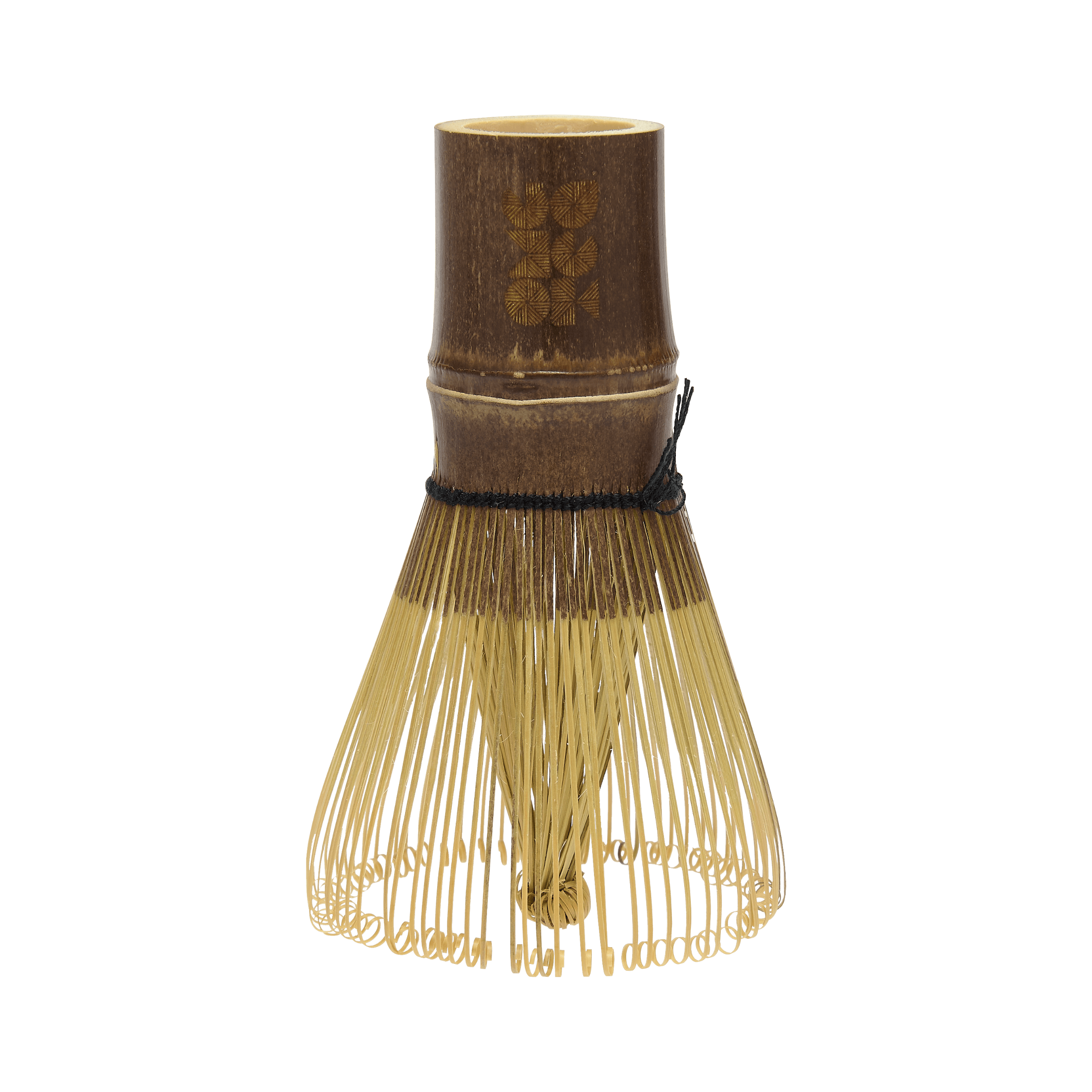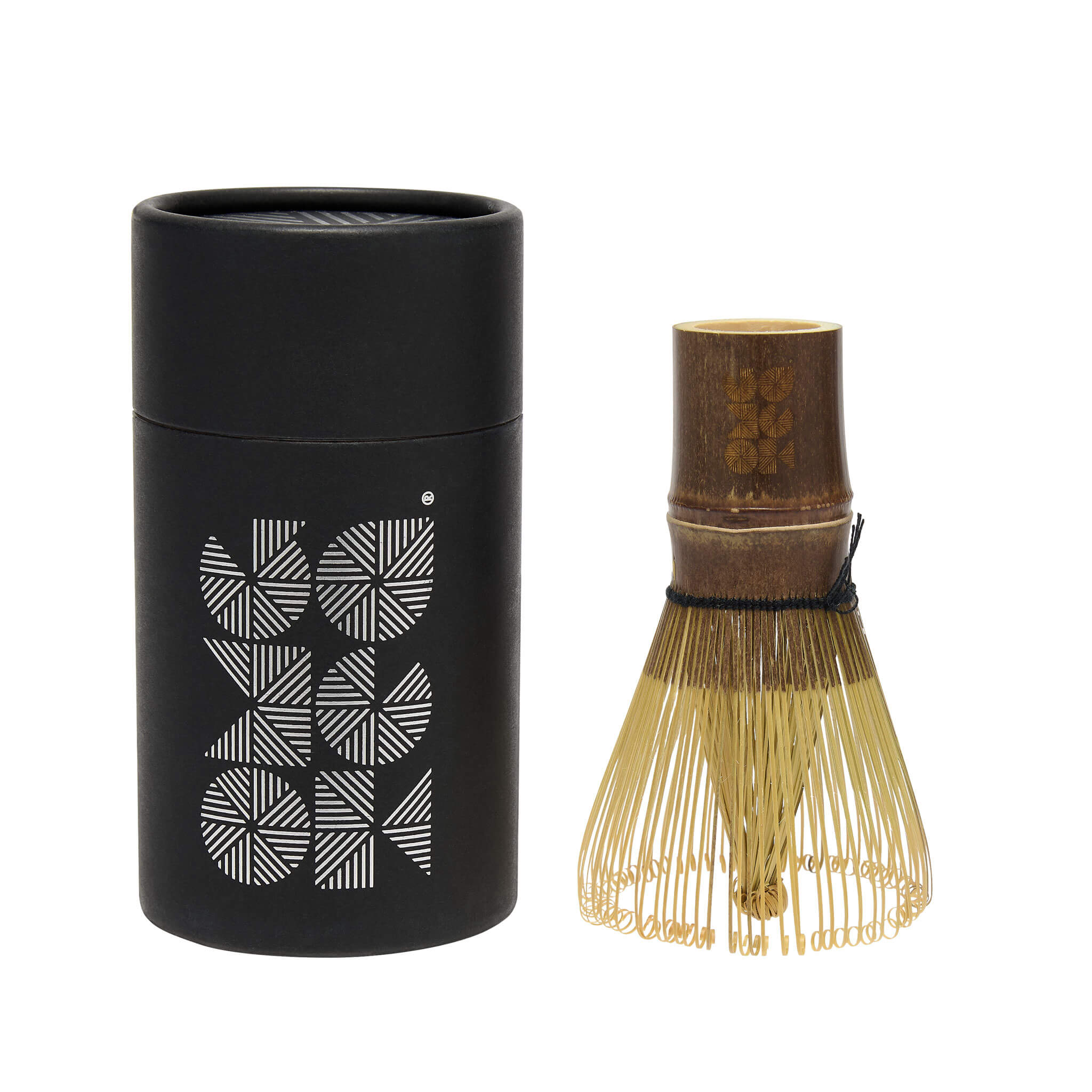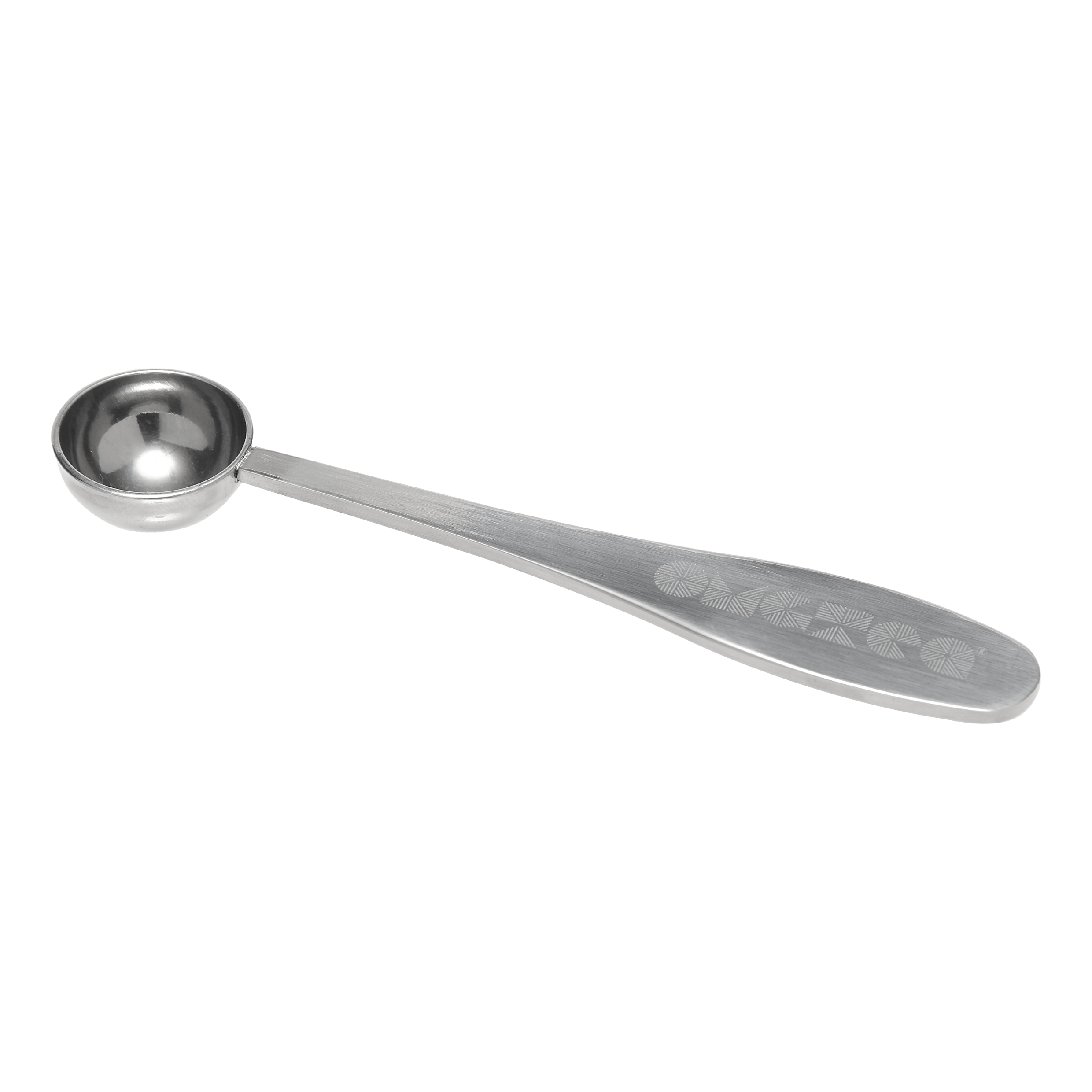
Caffeine has been a hot topic in the news this week. As reported by the BBC, consumer group Which? compared the caffeine in drinks at five big chains and says it found "huge differences".
With levels of caffeine found it coffee varying wildly from one high street coffee chain to the other, it seems that there have been a lot of misperceptions about what consumers are actually getting.
Do you know how much caffeine you are consuming?
Most average (225ml) cups of coffee contain 80–100 milligrams (mg) of caffeine. However, the amount of caffeine can vary considerably depending on several factors, including the coffee type, the brewing method, and the brand.
Nonetheless, we were shocked to learn that a medium cappuccino at Costa Coffee has 325mg of caffeine – five times more than Starbucks! Pret was found to have the strongest espresso and filter coffee.
Caffeine can be a part of a healthy diet for most people, but too much caffeine can be unsafe. For healthy adults, approximately 400mg per day of caffeine will typically not cause any dangerous side effects, according to Medical News Today.
Considering their findings, it’s not surprising that Which? said consumers should be alert to caffeine levels. Which? nutritionist Shefalee Loth says, “Our research shows you may be consuming significantly more, or less, caffeine than you bargained for.”
For those who are strongly affected by caffeine, high levels can result in negative physical effects including headaches, dizziness, anxiety and even heart palpitations. Even for those who are not, over consumption of these highly caffeinated drinks could result in dependency on caffeine for energy, causing crashes and leaving them with less energy than if they hadn’t had it at all.
How is the caffeine content of matcha different to coffee?
Each ½ teaspoon serving (1gram) of matcha tea contains approximately 34mg of caffeine. It is easily tolerated by most people for whom coffee makes them jittery, this is because all the other components that make up matcha slow down the release of caffeine into the body. It usually takes three to six hours for this amount of caffeine to be absorbed into the bloodstream; however, the mental alertness and energy are apparent almost immediately upon drinking it.
The amino acid L-Theanine, that is found in matcha, latches on to the caffeine and slows down the release of caffeine into the blood stream, giving you a much more sustainable release of energy throughout the day. It is also L-Theanine that gives you that Zen feeling when you drink matcha.
In contrast to coffee, this timed-release mechanism tends to inhibit any sudden insulin increases, so there is no “crash” associated with quick drops in blood sugar that so many coffee drinkers feel an hour or so after drinking a cup. Nor does matcha stimulate the production of cortisol, the stress hormone, as coffee can. In other words, matcha doesn’t give you that “wired” feeling.
Are there variations in the caffeine content of matcha?
There can be some variations in caffeine levels of different grades of matcha. However, from what we have seen, variations in caffeine levels of quality matcha are nowhere near the variations reported in coffee. For example, our higher grades tend to have a slightly higher level of caffeine such as the AAA+ with 37mg vs. the average 34mg of caffeine.
If you are concerned about your caffeine intake and the side effects too much coffee can cause or want a more sustainable energy boost, matcha tea is a great alternative.
In a nutshell the combination of caffeine, phytonutrients, antioxidants and amino acids produces a fabulous effect on matcha drinkers – the envious ability to be able to focus and be productive over an extended period of a few hours (for some, up to six hours).
